

WHO WE ARE?
Earthe-ALyC is a Latin American community of educators, researchers and those interested in Environmental Education, formed by Argentina, Brazil, Colombia, Cuba, Chile and Mexico.
Click on the map for information
EArte Argentina
The EArte-Ar is composed of 14 to 18 members, including researchers, doctoral fellows, doctoral students, and undergraduate fellows, belonging to various universities in the country: Universidad Nacional de Hurlingham (where the project is hosted), Universidad Nacional de Santiago del Estero (with researchers from INDES - CONICET-UNSE-), Universidad Nacional de Córdoba, Universidad Nacional de Villa María (with at least one researcher from UNVM-CONICET), Universidad Católica de Córdoba, Universidad Nacional de Mar del Plata (with a researcher from IIMyC, CONICET-UNMDP), Universidad Nacional de General Sarmiento, Universidad de la Patagonia San Juan Bosco, Universidad Nacional de Tres de Febrero, and Universidad Nacional de Salta. Up to now, EArte-Ar has been funded through three projects: (i) Environmental education in the agenda of Argentine universities. Analysis of postgraduate theses: theoretical-methodological currents and trends, with emphasis on the northwest region of Argentina (PI-UNSE 2020-2021). (ii) Environmental Education (EA) in the agenda of Argentine universities. Topics and theoretical-methodological trends in postgraduate theses, with an emphasis on the AMBA region. (PI-UNAHUR 2021-2023) and (iii) Environmental Education (EA) in the agenda of researchers from Argentine universities as input for the design and implementation of public policies. Topics and theoretical-methodological trends in master's and doctoral theses (PI-UNAHUR 2023-2025).
EArte Brazil
Currently, EArte Brazil has 39 members from 8 universities: Universidade Federal Fluminense, Universidade Federal do Paraná, Universidade Federal do Triângulo Mineiro, Universidade Estadual Paulista, Universidade de Campinas, Universidade Federal de Itajubá, Universidade de São Paulo, and Universidade do Estado de Minas Gerais. The project received funding from the Conselho Nacional de Desenvolvimento Científico e Tecnológico – CNPq (2010–2012 and 2012-2016), Fundação de Amparo à Pesquisa do Estado de São Paulo – FAPESP (2020-2022) and Fundação de Amparo à Pesquisa do Estado de Minas Gerais - FAPEMIG (2023-2026). Brazil is a reference country in this field, with an initiative dating back to 2006. However, it was in 2008 that the project took the name of Proyecto EArte. The sustained work resulted in the systematization of a database of Master's and Doctoral theses in Environmental Education with 6,142 research works developed in various postgraduate programs across the country from 1981 to 2020.
EArte Mexico
Within the framework of EArte ALyC, Mexico has been developing its project based on: (i) master's and doctoral theses located at UNAM and (ii) a survey conducted by the Autonomous University of the State of Morelos (UAEM). In the case of UNAM, a team of 7 researchers from that university analyzes thesis submission periods in the following categories: i) 1996 and earlier, ii) 1997-2003, iii) 2004-2007, iv) 2008-2011, v) 2012-2019, and vi) 2020-2024. On the other hand, in the case of UAEM, the process of identifying the universe of theses is underway, including material from other higher education institutions, particularly the Autonomous University of Guerrero (UAGRO) and the Benemérita Autonomous University of Puebla (BUAP). For now, UAEM does not have funding and has been linked to the EArte ALyC Collective since 2019.
EArte Cuba
The project involves 6 researchers from CEEA-GEA, 4 collaborators, and 10 doctoral students, who are conducting research in the field of environmental and energy education. The background of CEEA-GEA was the "GEA" Project (Management for Environmental Education) which began to be implemented in 1995 at the Enrique José Varona Higher Pedagogical Institute (now UCPEJV) and Ciudad Escolar Libertad, aimed at the permanent environmental training of education professionals. CEEA-GEA, as part of the completed research projects, totaling five with more than 20 results on environmental and energy education, has incorporated among its actions the revelation of the state of the art in this field, based on doctoral theses in Pedagogical and Educational Sciences in Cuba. An initial study revealed the results from 1980 to 2012, where the intention was to disseminate the knowledge that has been progressively generated in recent years in the field of research on this topic; and to guide the educational and pedagogical aspects present in the defended theses, which has continued to date, with the aim of revealing the main contributions of doctoral theses to environmental and energy education.
EArte Chile
Chile has been developing its chapter from the Universidad de los Lagos. Currently, a research project (so far without funding) is being carried out, aimed at analyzing the influence of Latin American Environmental Thought (PAL) on postgraduate research in that country. The project proposes: (i) to compile master's and doctoral theses in Environmental Education from the EArte ALyC database that have digital access to the full text in the period 2010-2020; (ii) to perform a bibliometric analysis with citations to PAL authors, using a quantitative methodology from social network analysis (SNA).
EArte Colombia
The EArte-ALyC initiative originated at the Pontifical Bolivarian University and was promoted between 2016 and 2022, with its initial seed being the seminar organized around The production of knowledge at the university: methodologies and research policies. Currently, the two main universities supporting EArte-Co are the University of Tolima (UT) and the Francisco José De Caldas District University (UD). UT secured approval and funding for a research project in 2017, involving 6 researchers. UD has been working on 2 approved research projects. The approved projects are titled: 1) Analysis of research paradigms in Environmental Education research at three public universities in Colombia (2010-2020). This project involves 3 researchers, and 2) Analysis of Social Representations of the Environment (RSA) in Environmental Education research at three universities in Colombia (2015-2018), with the participation of two researchers.
OUR HISTORY
FORMATION OF THE COLLECTIVE
The collective was formally consolidated through a bilateral agreement between two universities (the Universidad Nacional de Santiago del Estero and the Universidad de Tolima), to which the other member universities joined. This is the result of four years of work, which began in 2016, with the initiative of the Universidad Pontificia Bolivariana and inspired by more than 15 years of work by EArte Brazil (available at: http://EArte.net/).
HISTORY OF ENVIRONMENTAL EDUCATION IN LATIN AMERICA AND THE CARIBBEAN
To justify the relevance and importance of the Collective and its objectives, it is necessary to recall some of the history of environmental education. Latin America has over 30 years of experience in environmental education, with numerous reflections, theoretical contributions, and fieldwork at all educational levels throughout the continent. This region was the only one to implement the United Nations' suggestions to create an Environmental Training Network, consolidated in 1982 (Sáenz, 2012). The work done here was fundamental in forming, promoting, and supporting national initiatives in environmental education (Corbetta, 2019; Eschenhagen, 2016; Foladori and González Gaudiano, 2001). see more...
Over these decades, environmental education has consolidated as an important field of knowledge, with universities being a significant space for the production and reproduction of this knowledge. At the same time, for a field of knowledge to strengthen and improve, it requires critical reflections, which cannot occur without a minimum systematization of what has been produced. Thus, exploring the work done by Brazil, which since 2000 has been collecting and systematizing a database of master's and doctoral theses that address the relationship between educational processes and the environment, contributions, and research advances, serves as a perfect example to follow (http://EArte.net/). In other words, for Latin America to continue strengthening its environmental education, an indispensable input will be having a specialized database to track the produced knowledge and conduct meta-research.
Therefore, Brazil's example inspired the formation of a seminal Latin American group to expand the already existing database to other countries. In 2016, during the Latin American Research Seminar organized by the Universidad Pontificia Bolivariana, with the support of UNEP, researchers from several universities in Cuba, Mexico, Chile, Argentina, and Colombia, and of course Brazil, were invited to start this project.
FIRST STEPS
The first step was the conduction of a international seminar titled "The knowlandge production in the university: methodologies and politics of research" to socialize and present the trajectory of the work already done by Brazil, as well as to thematize and theoretically reflect on what constitutes a state of the art. This exercise was very important to agree upon and clarify a common methodology, already based on Brazil's trajectory and experience, and to design a work route for all the groups from the different universities. The seminar resulted in a research book in which two chapters were published on what is a state of the art (Eschenhagen et al., 2018).see more...
In its early stages – and this is very important to point out – the work done was the product of the interest, initiative, and willingness of all the researchers, in their "free" time, as it was still not formalized in research projects, and much less recognized by the respective universities in their work hours. However, as searches were concretized and research specified and linked to student theses, the need to propose research projects to obtain the necessary support from universities became increasingly evident, which mostly still consist of work time rather than financial support.
Thus, the first results of the thesis search work began to emerge, and the need for a second meeting was also felt, which took place in April 2019 at the Universidad del Tolima (Colombia), with two objectives. The first was to socialize the preliminary results and promote a space for reflection on higher environmental education at the Seminar on Environmental Education in Latin American Universities: Challenges, Perspectives, and Proposals organized by the Collective. This space was used to make the Collective known and present its work, as well as to invite a wider audience to share their research around four reflection axes identified by the Collective through the results as necessary to strengthen the field of higher environmental education. The axes were: 1) challenges of research in environmental education, 2) tensions in the field of environmental education, 3) theoretical foundation of higher environmental education, and 4) environmentalization of higher education. The second objective was to conduct an intensive internal workshop to consolidate the research work of the entire regional team. This seminar resulted in a book (already in press) titled Foundations and Theoretical Reflections to Think and Propose Higher Environmental Education.
At this stage of collective research work, the need for an official formalization, as a Collective itself, became imminent, and the Network of Researchers in Higher Environmental Education in Latin America and the Caribbean – EArte ALyC was established through the signing of an agreement of wills between the different universities.
Team from EArte Argentina
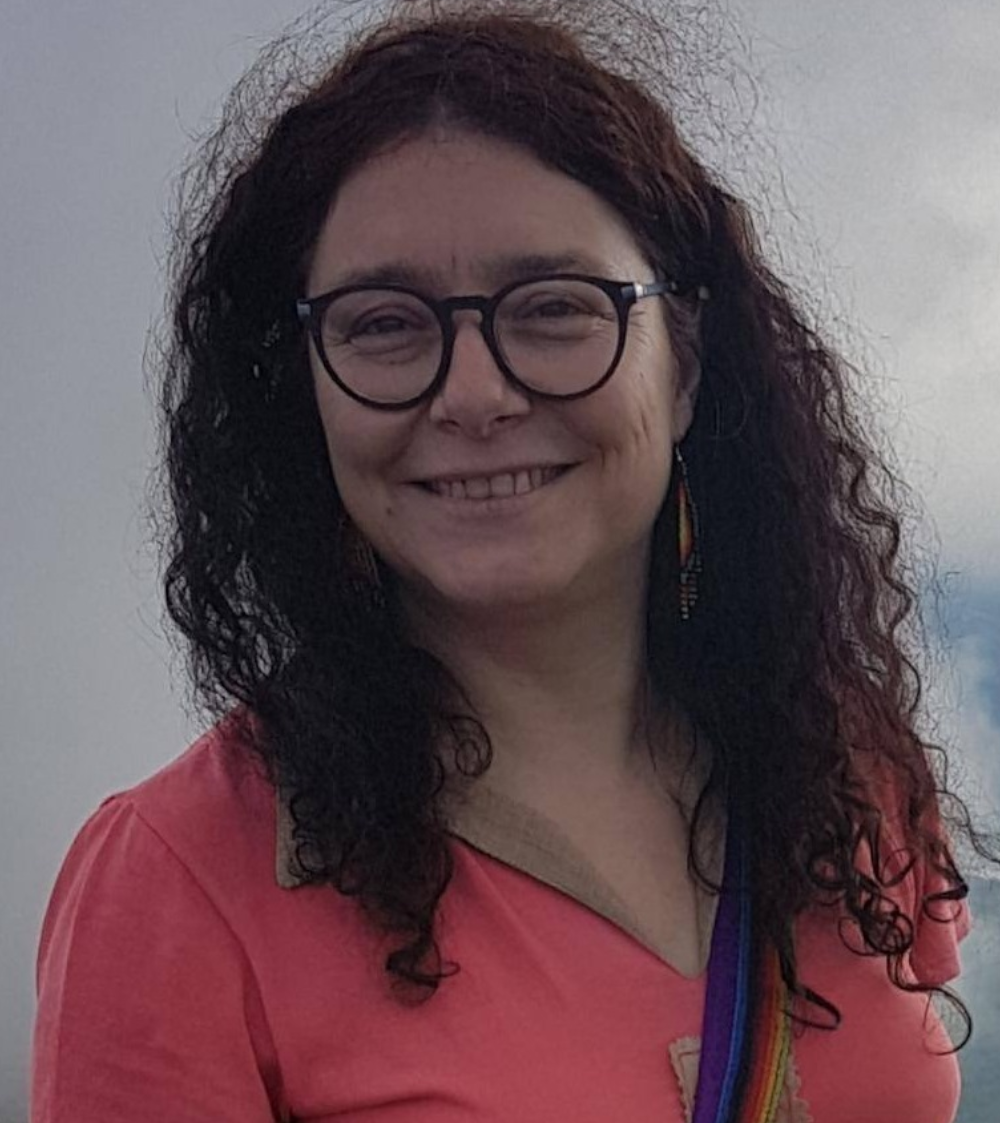
Silvina Corbetta
Project director
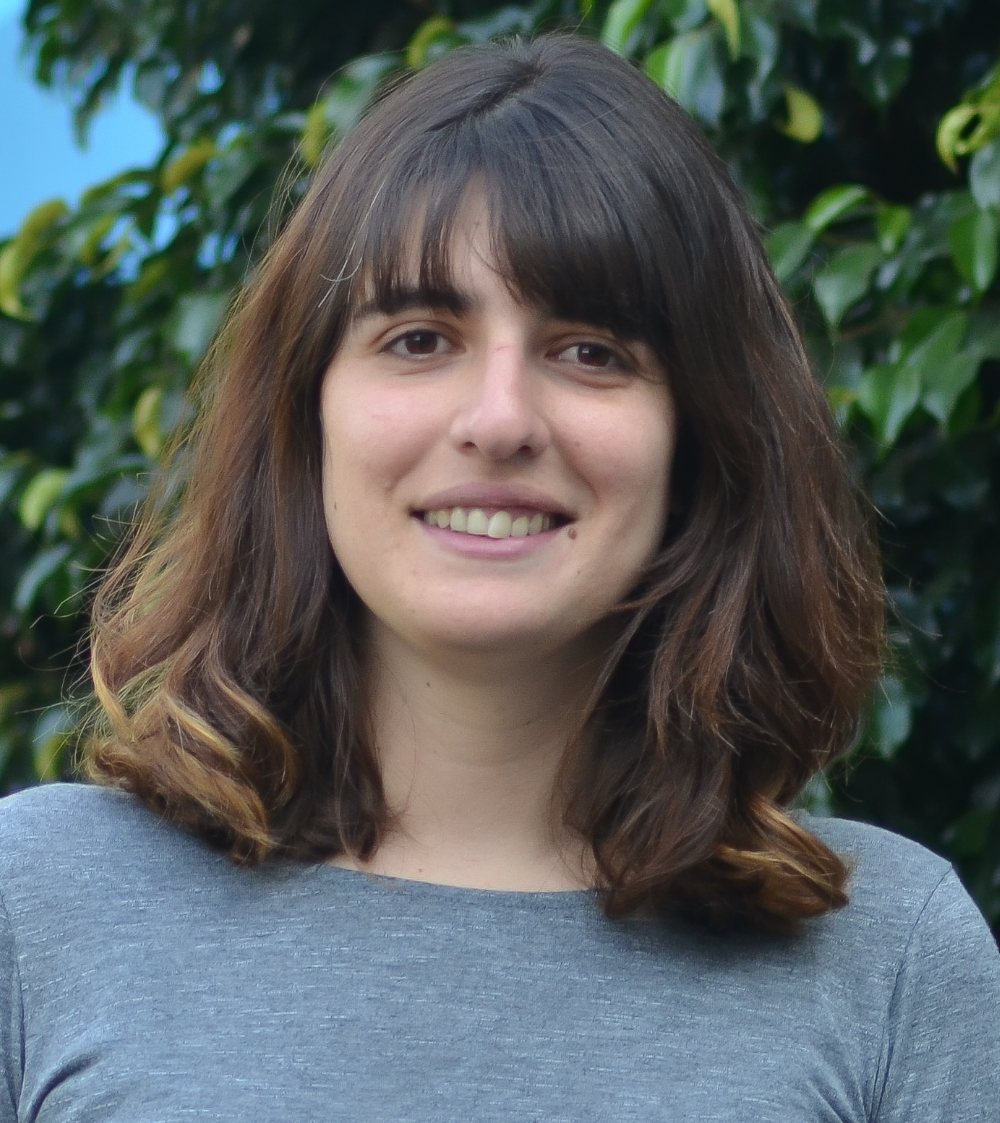
Lucía Giménez
Project co-director
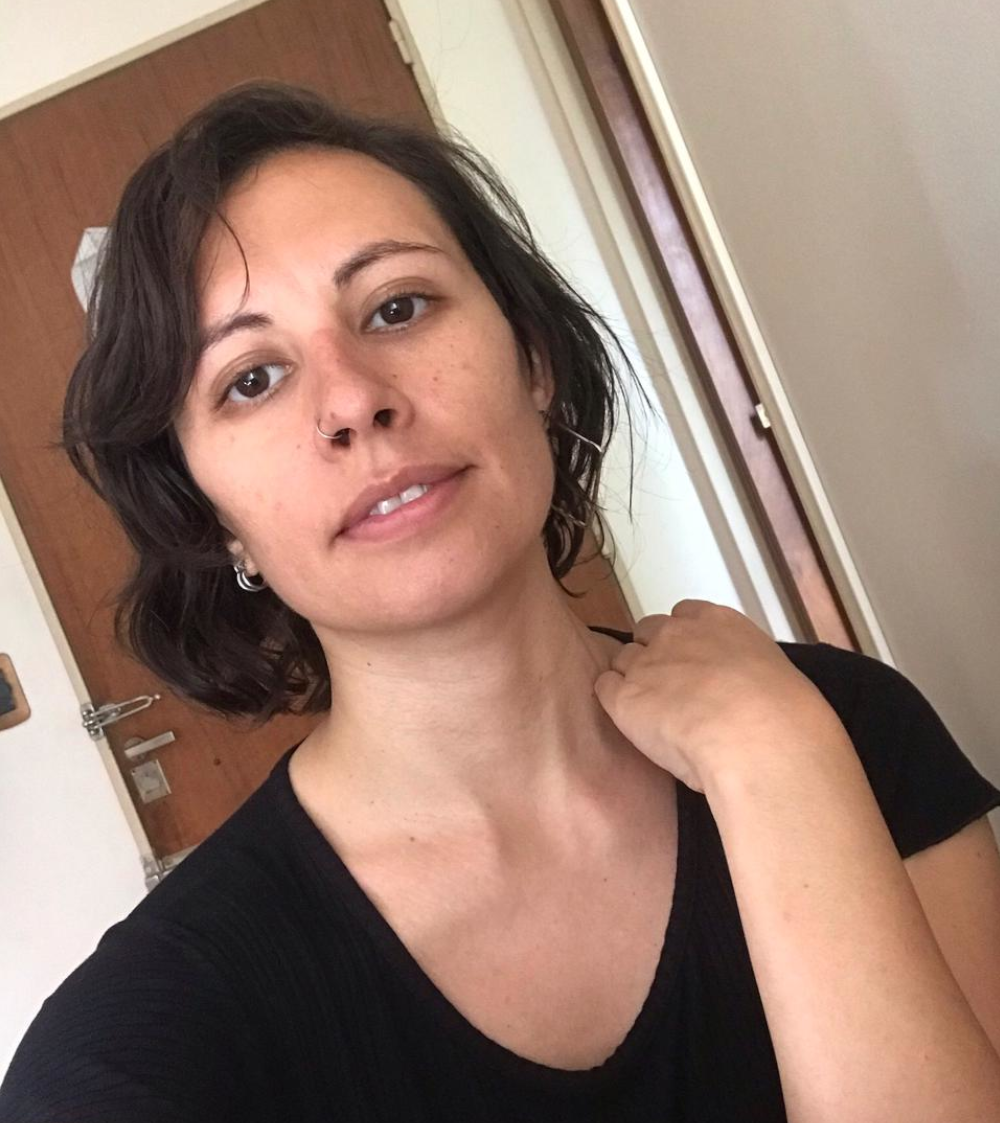
Vanesa Acosta
Researcher
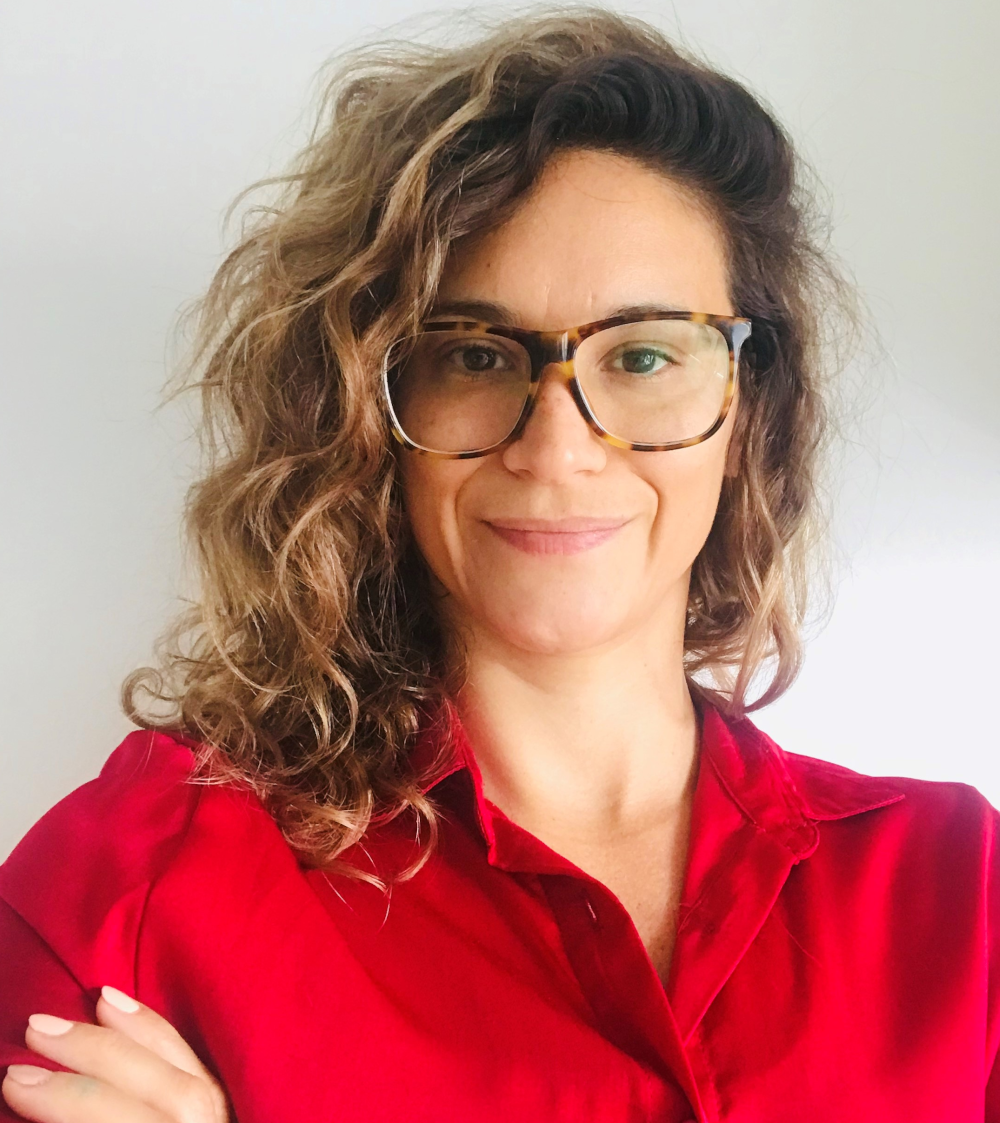
Candela de la Vega
Researcher

Maria Laura Fodadori
Researcher
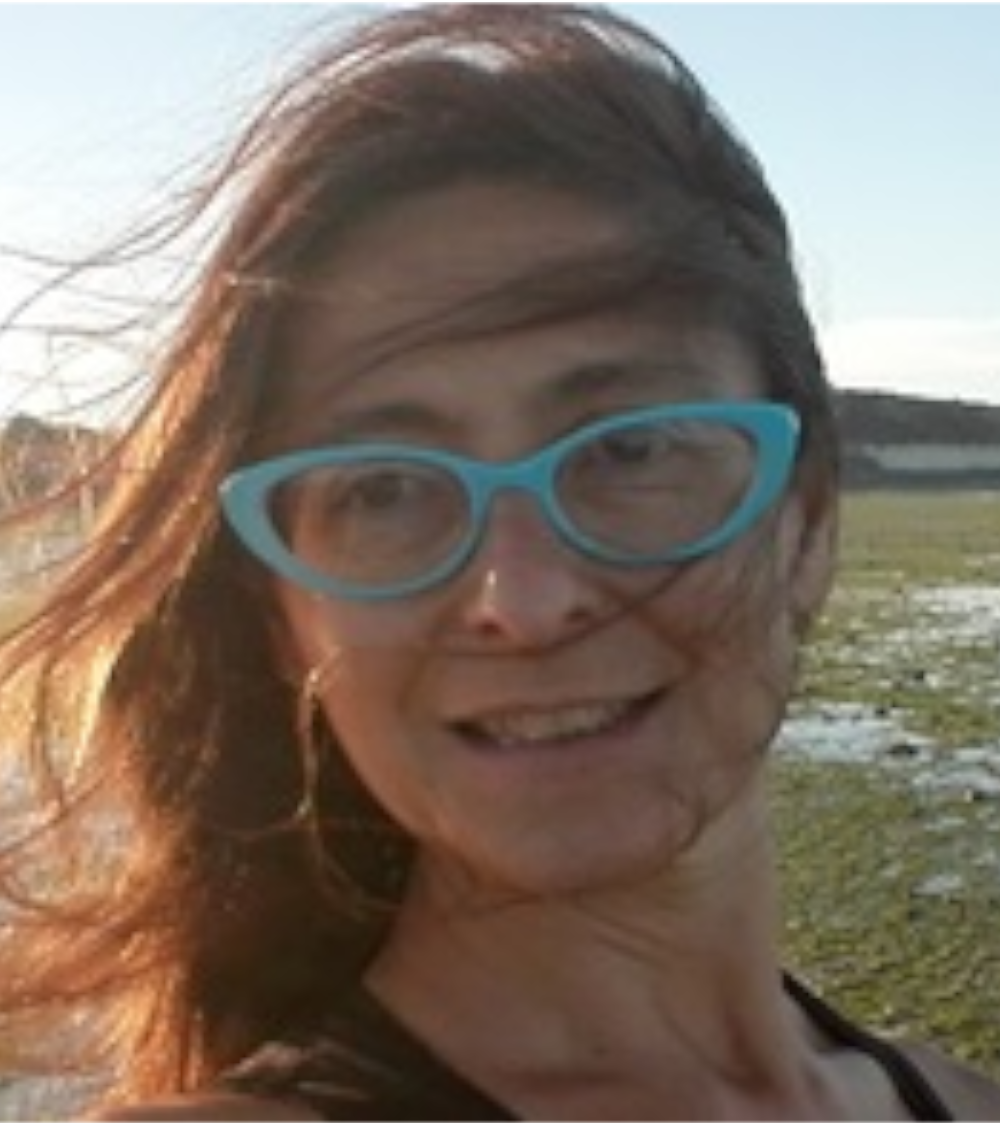
Daniela Franco
Researcher
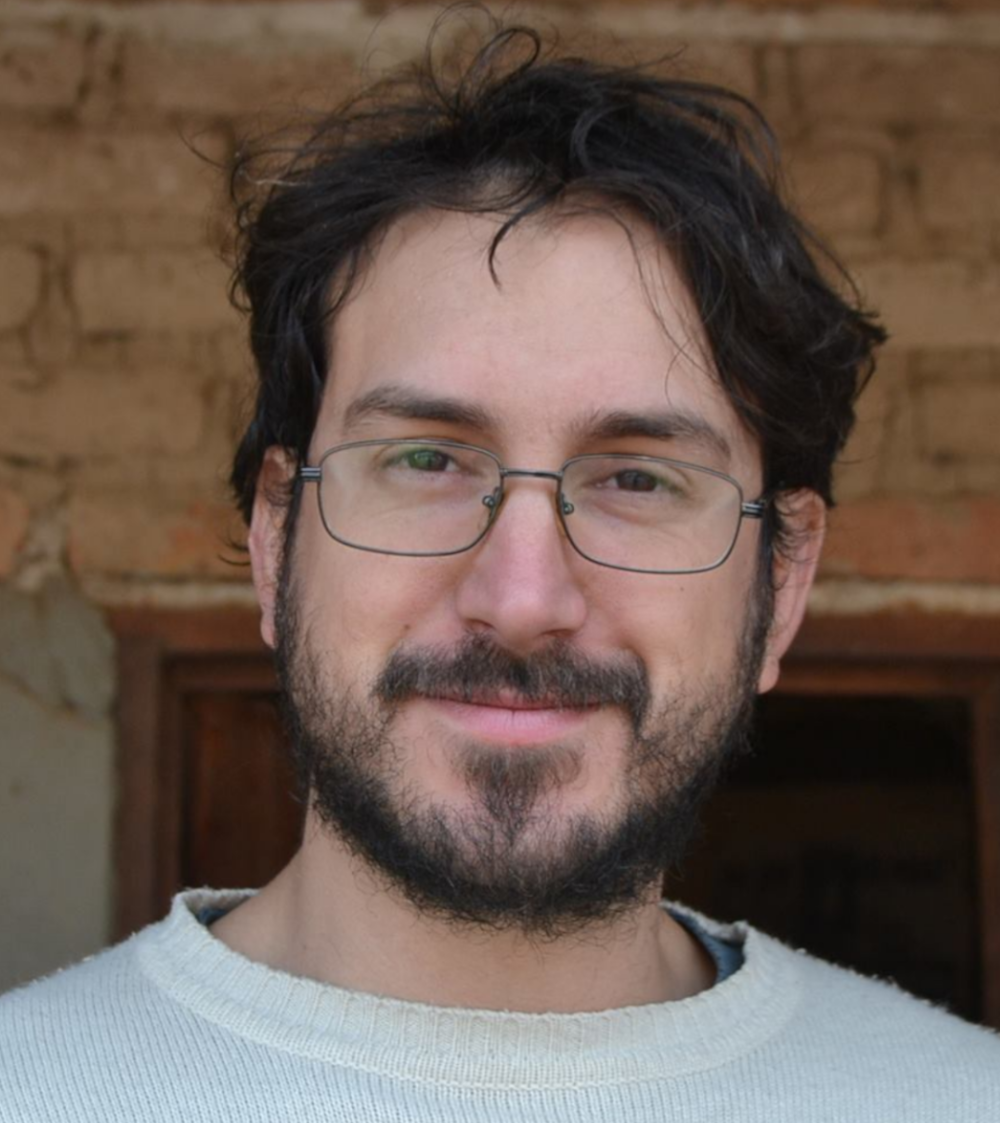
Esteban Ithuralde
Researcher
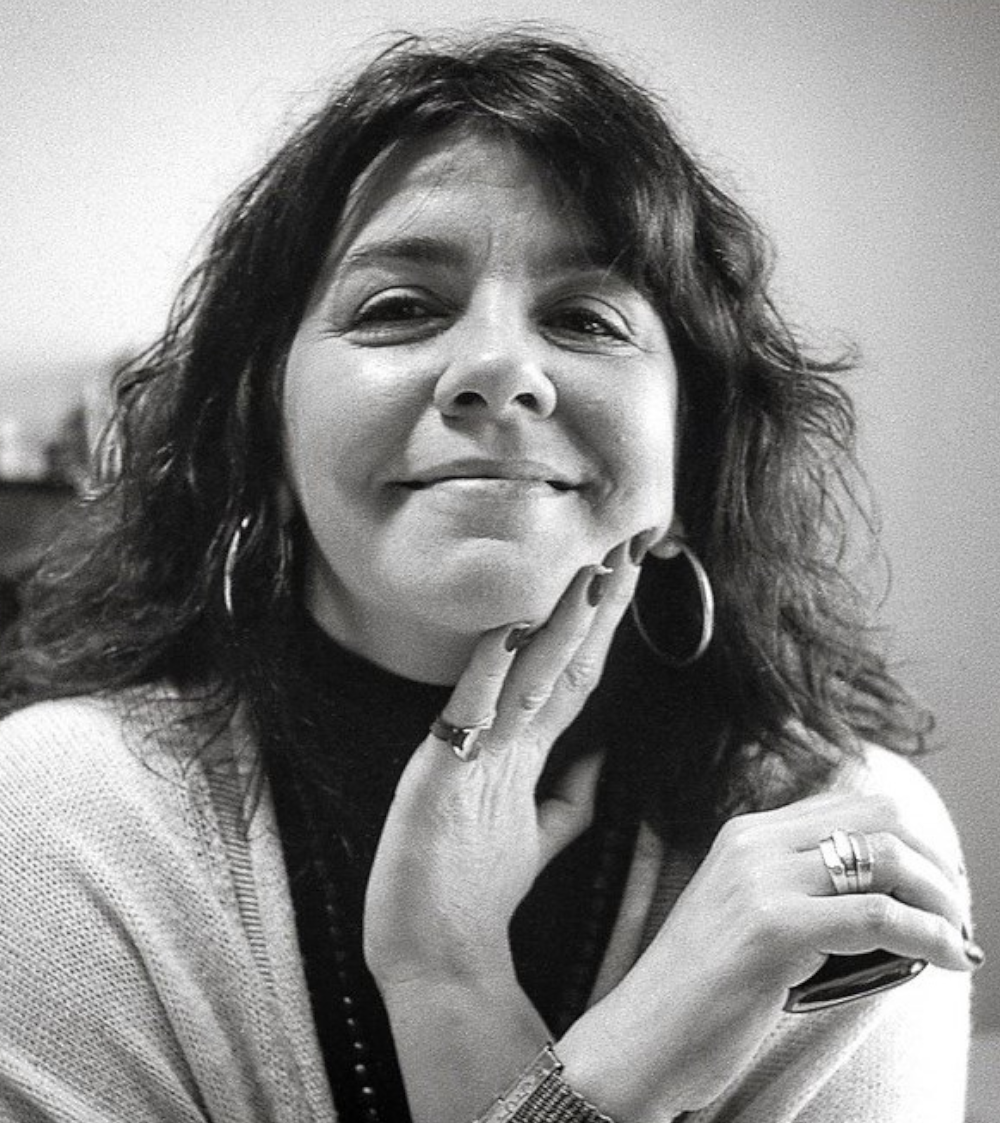
Yael Poggi
Researcher

Daniela Truchet
Researcher

Analía Villagrán
Researcher

Sandra Alvino
Tesista doctorale

Adriana Fernández Souto
Tesista doctorale

José Maldonado
Tesista doctorale
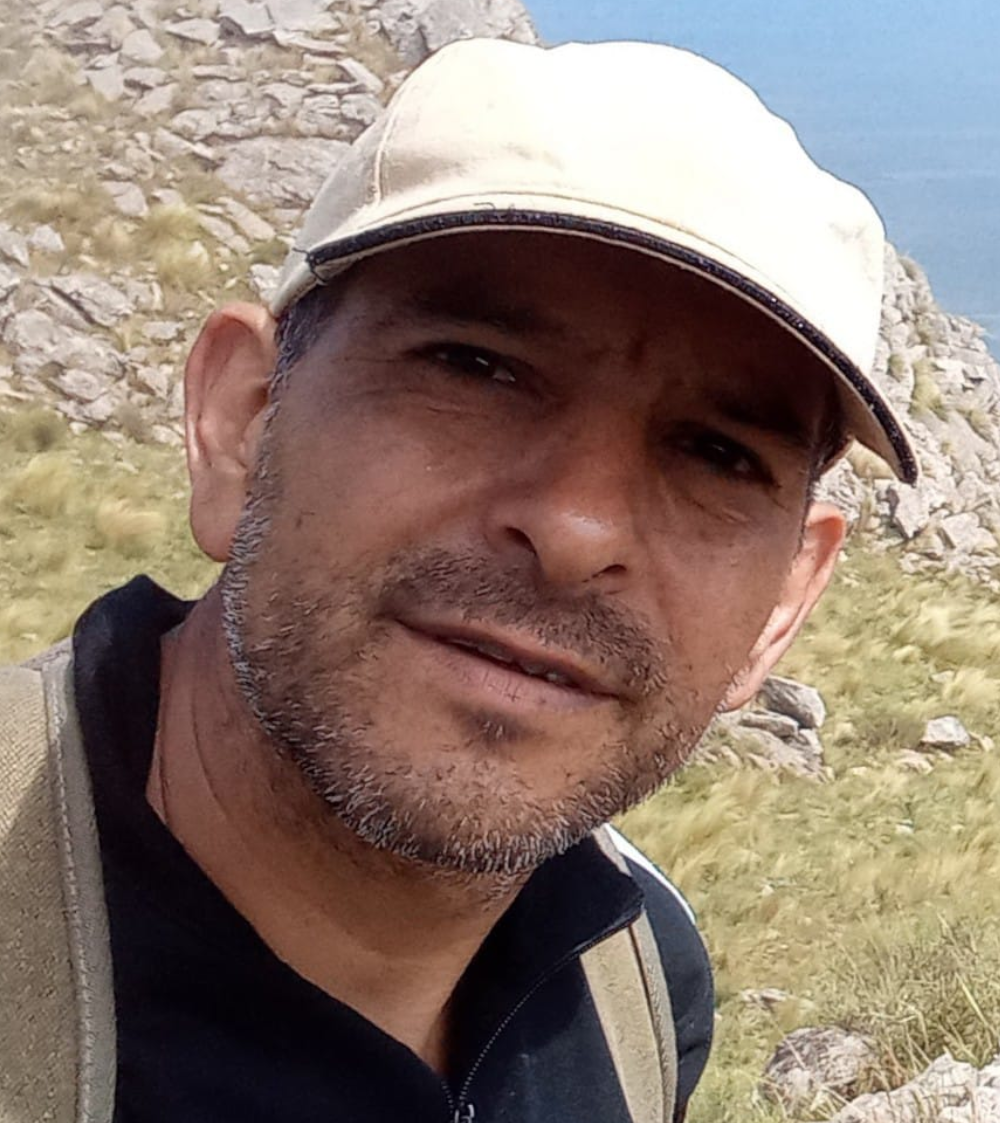
Mauro Gonzalez
Undergraduate
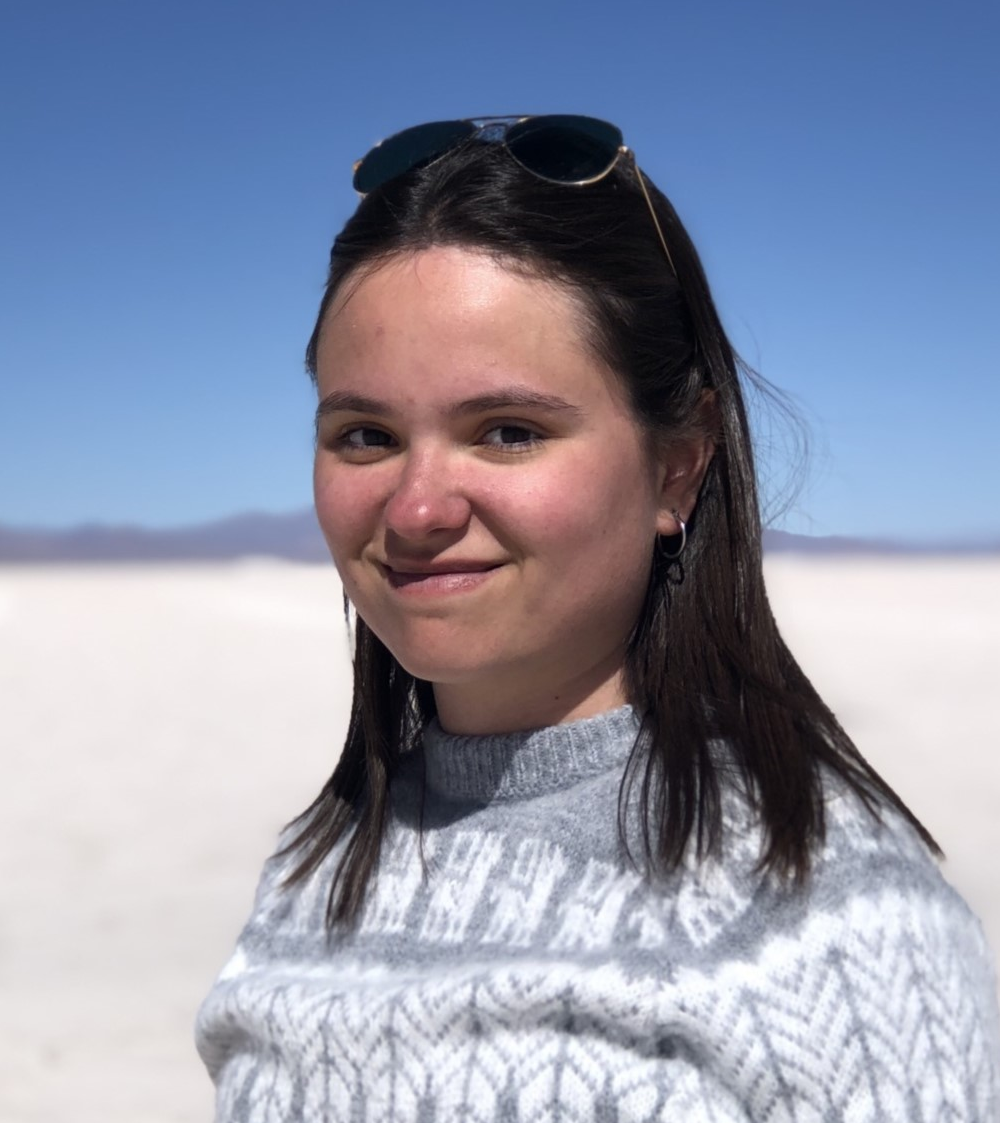
Josefina Lobbosco
Undergraduate
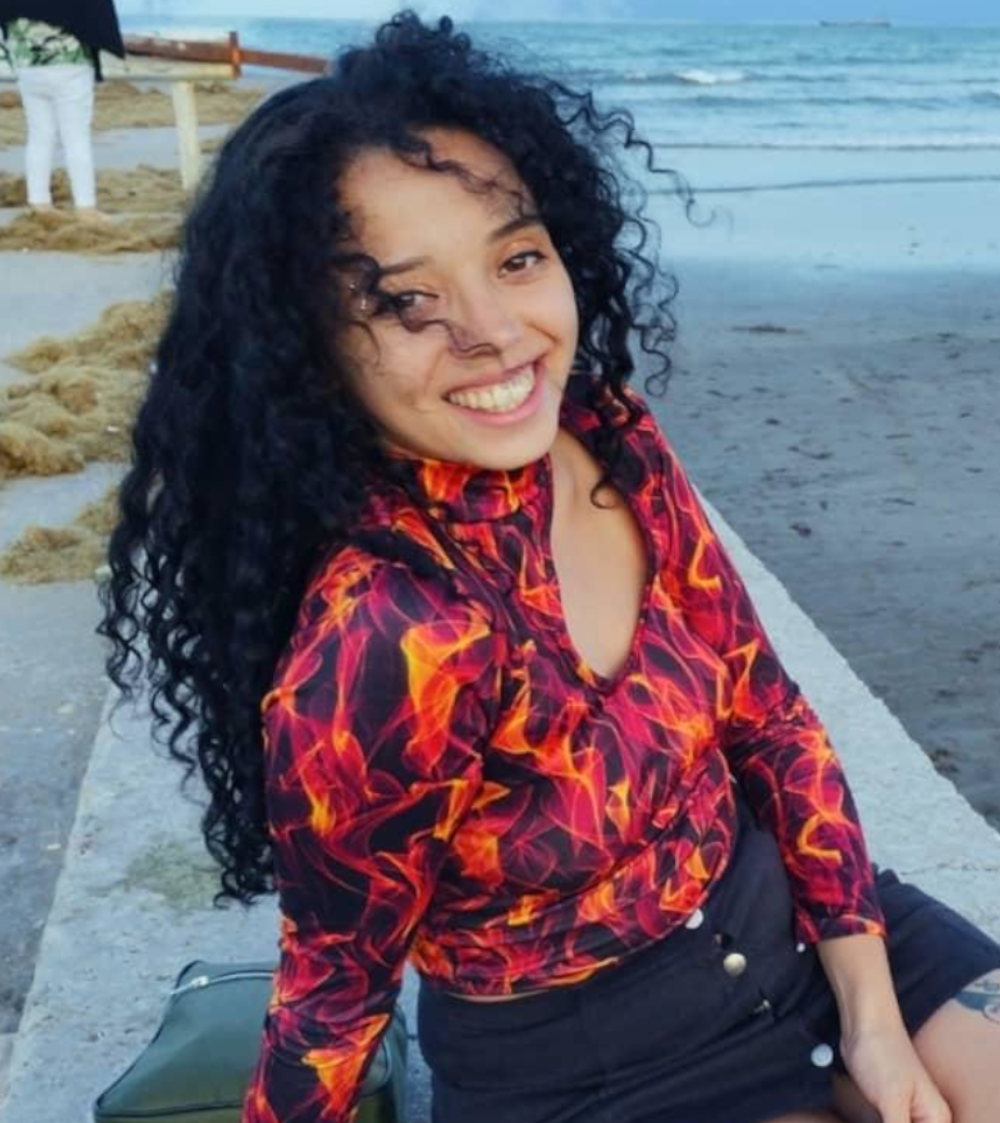
Cecilia Pisacco
Undergraduate
Team from EArte Brasil
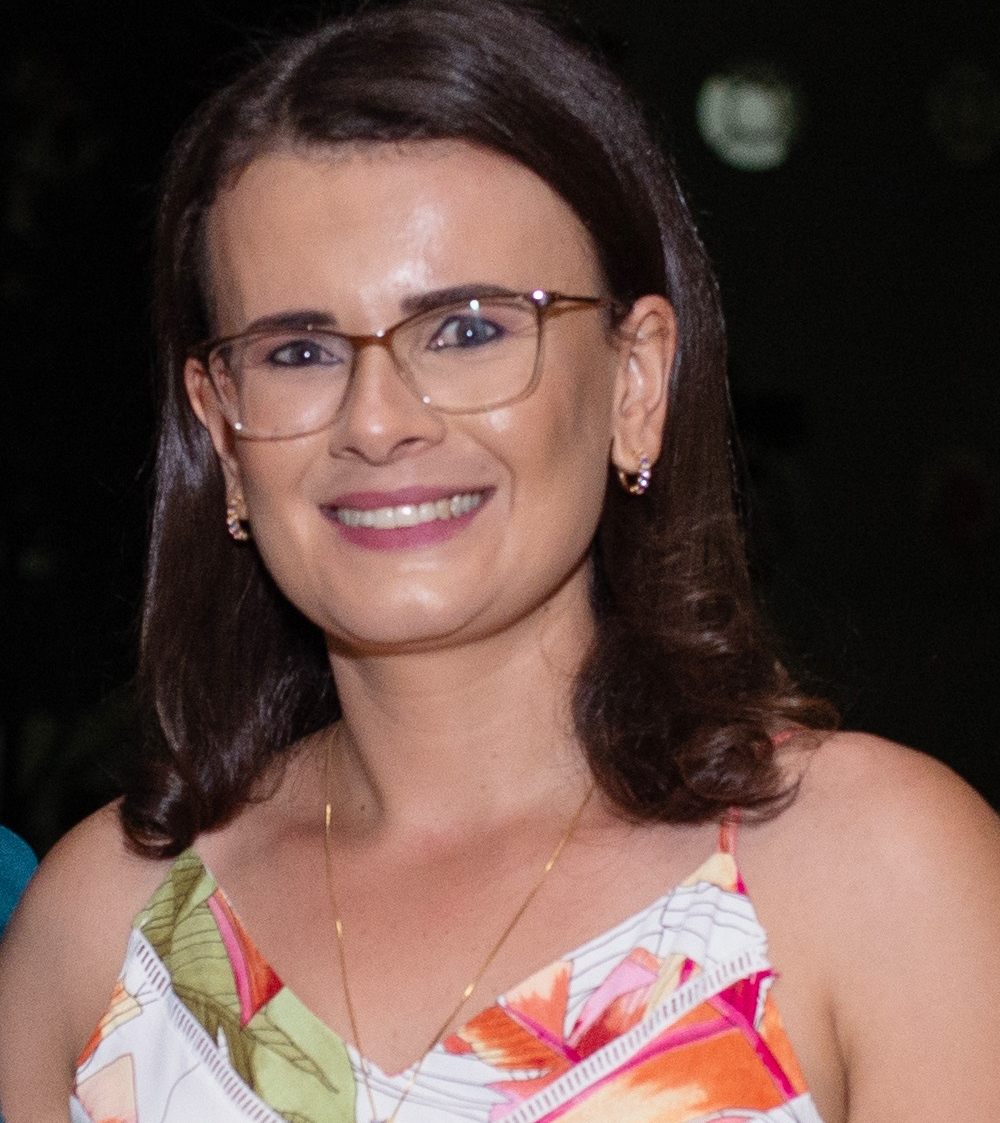
Dr. Danielle Aparecida Reis Leite
Project director

Dr. Juliana Rink
Project co-director
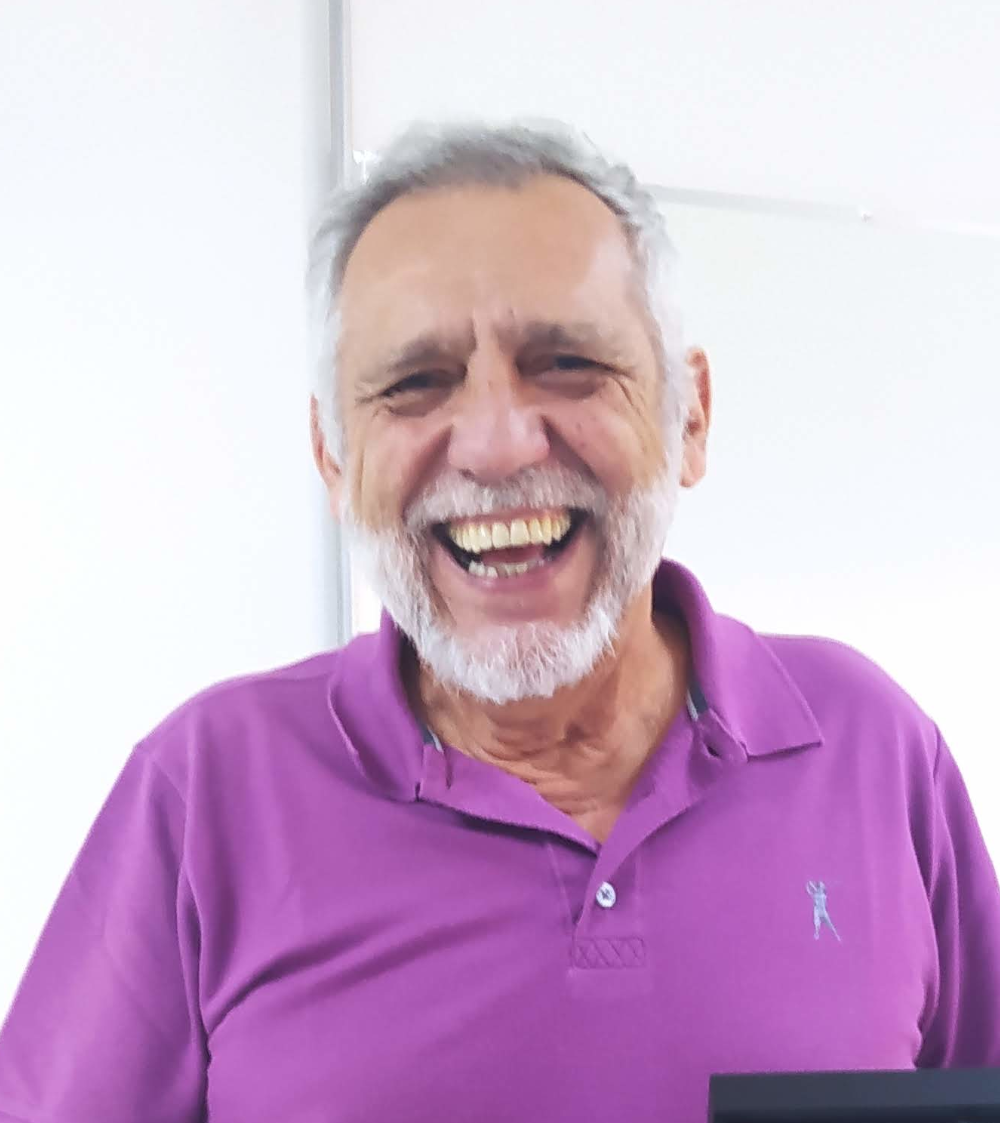
Dr. Luiz Marcelo de Carvalho
Researcher
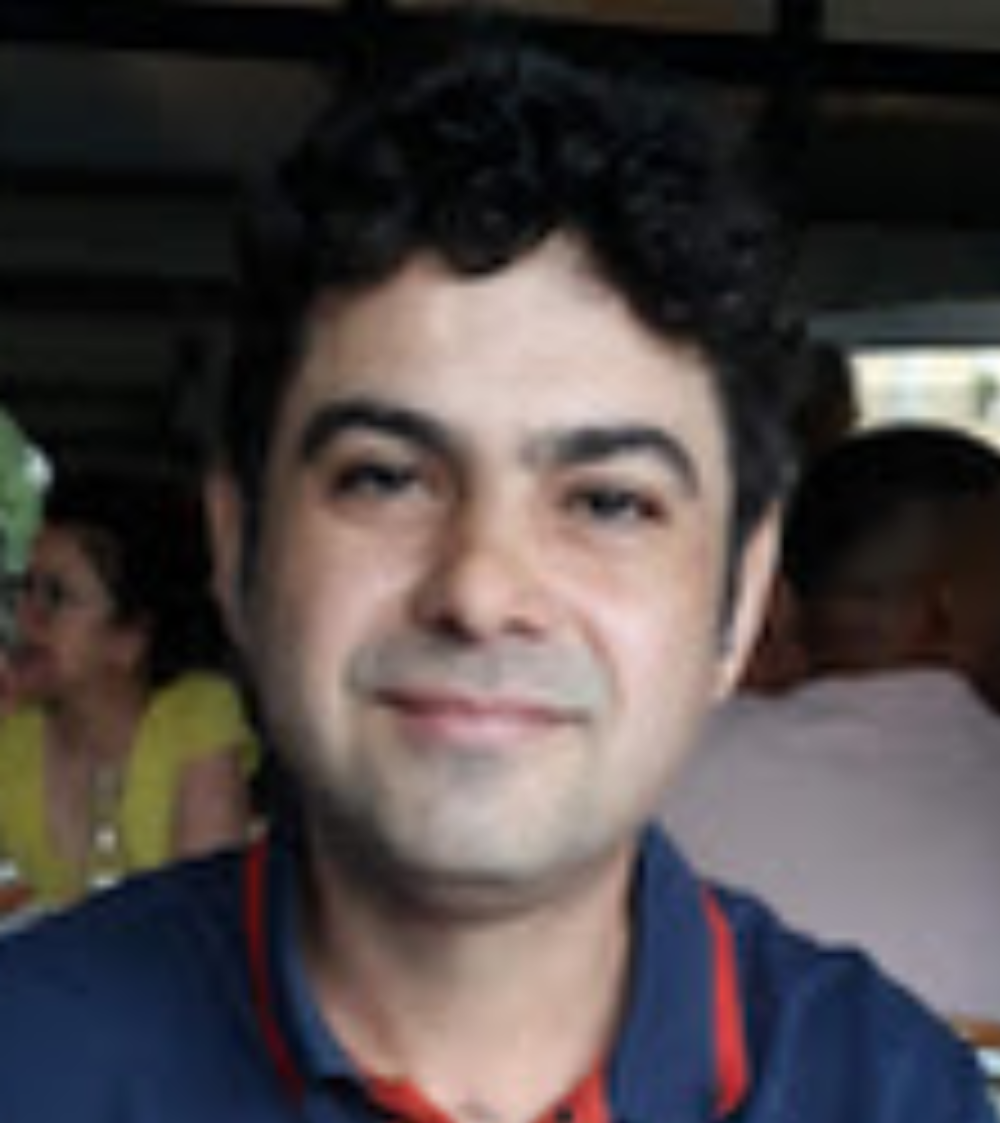
Dr. Luciano Fernandes Silva
Researcher

Dr. Danilo Seithi Kato
Researcher
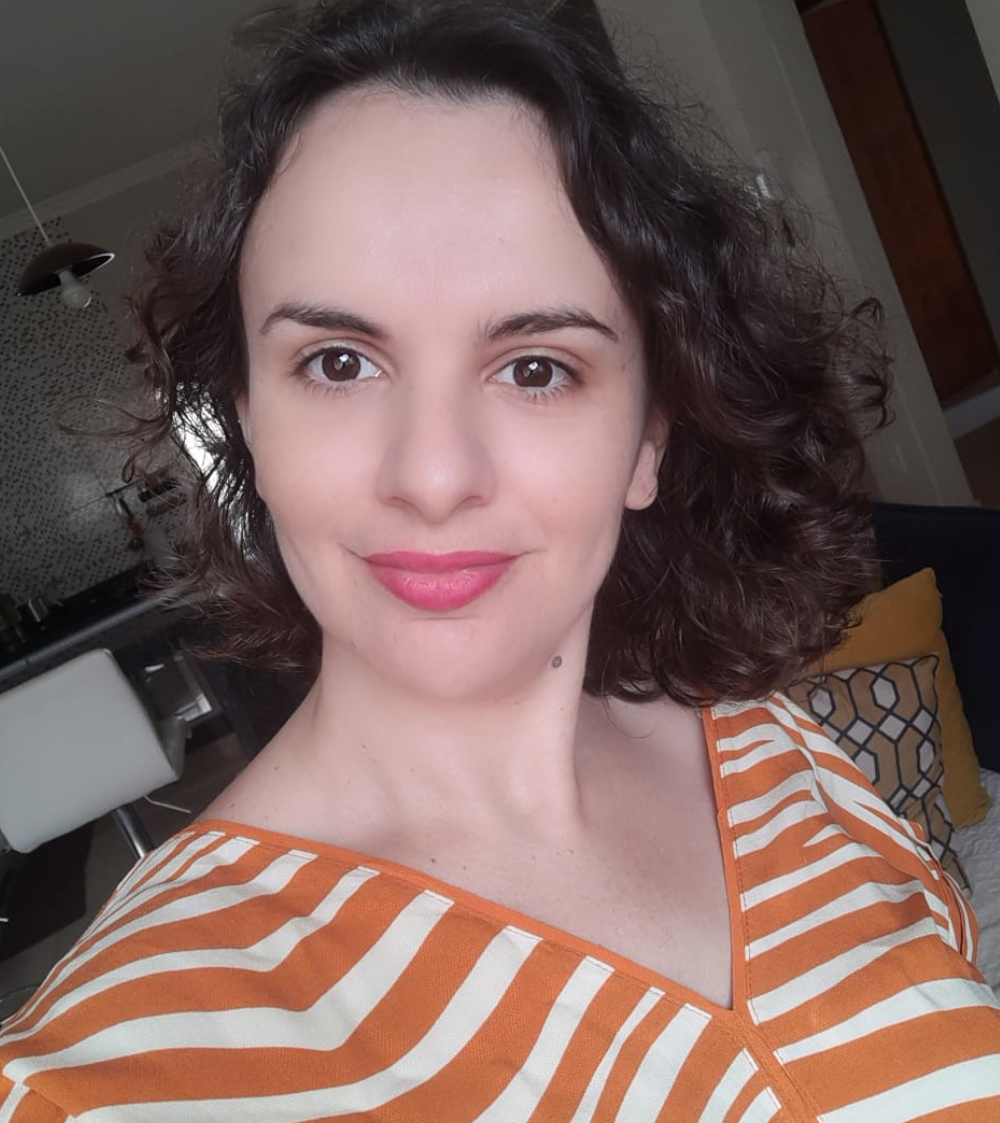
Dr. Daniele Cristina Souza
Researcher
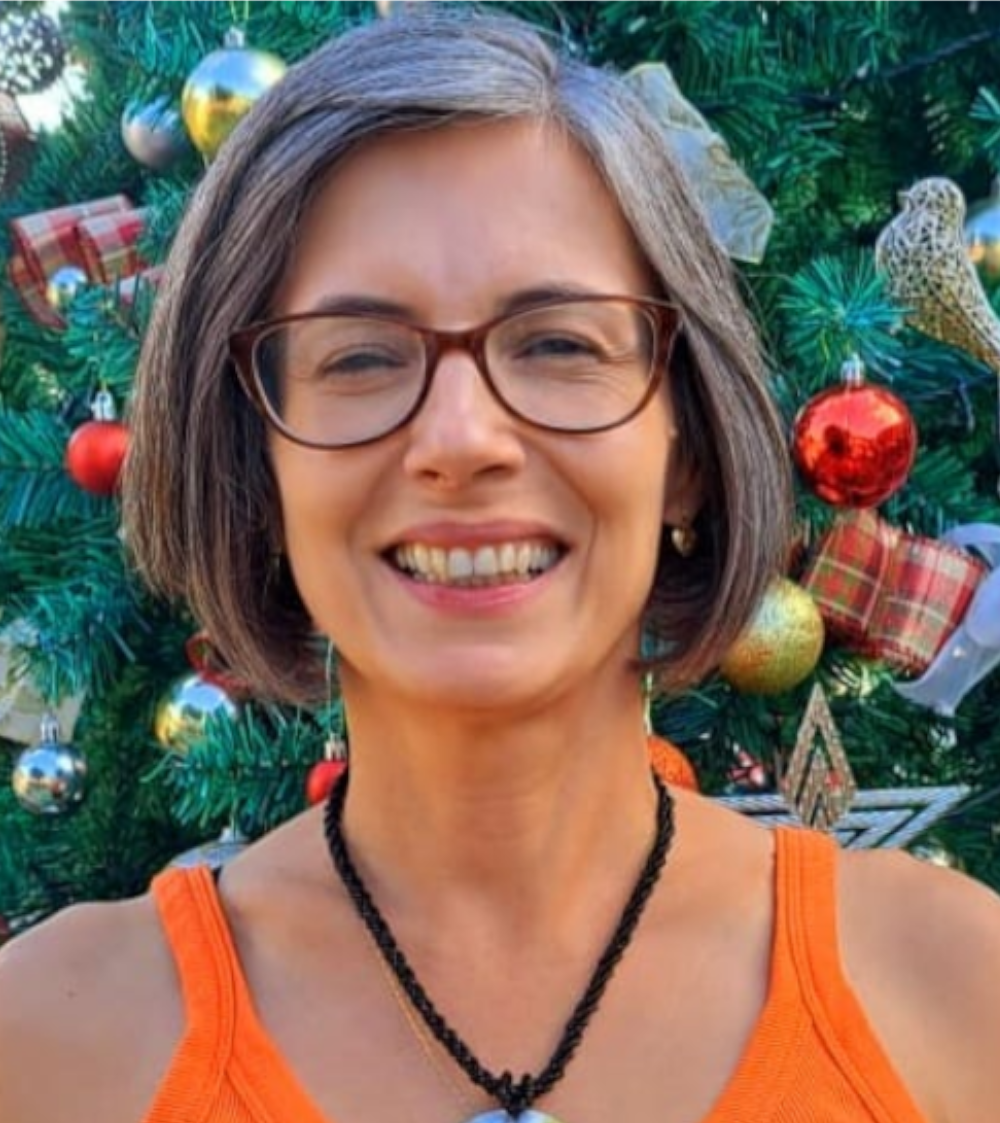
Dr. Janaina Roberta dos Santos
Researcher
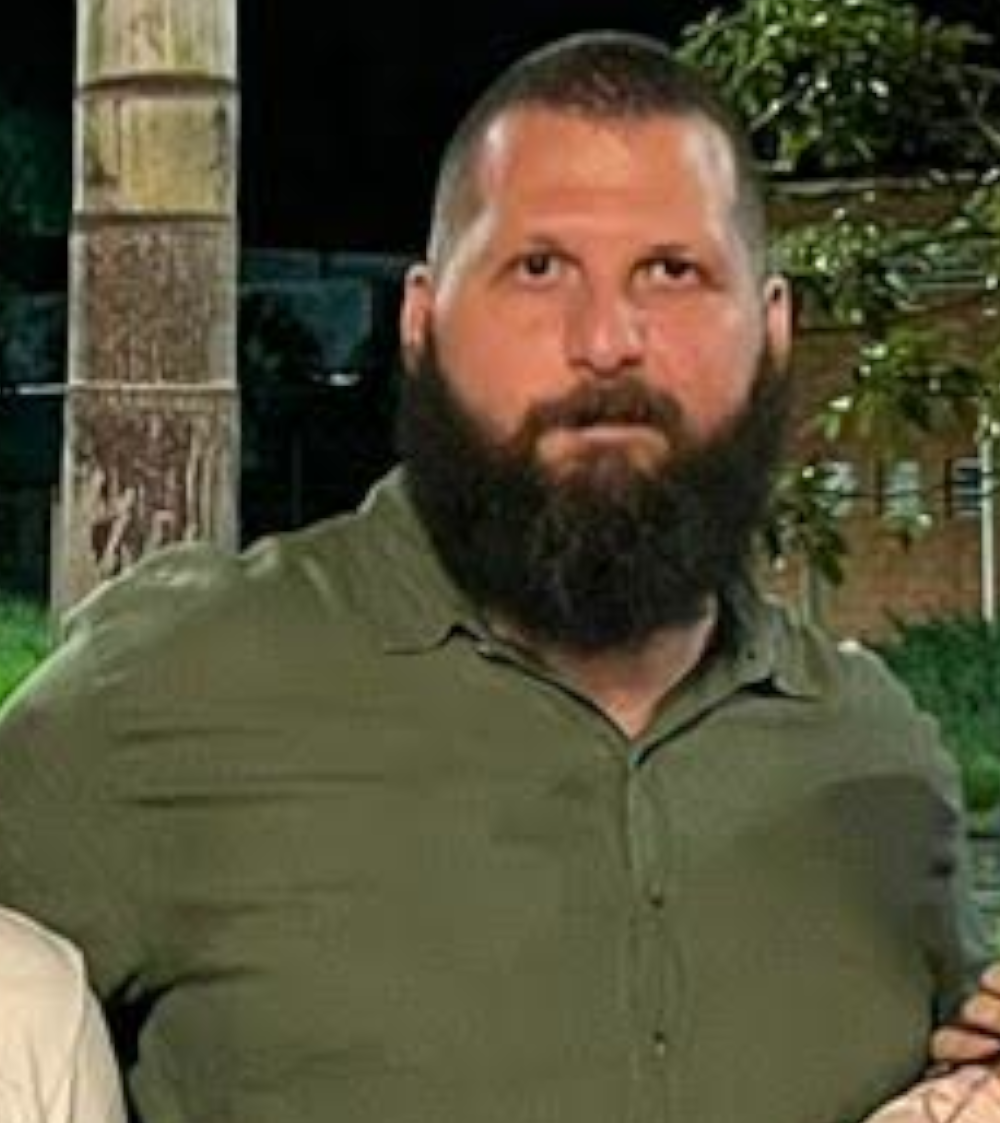
Dr. Wanderson Rodrigues Morais
Researcher
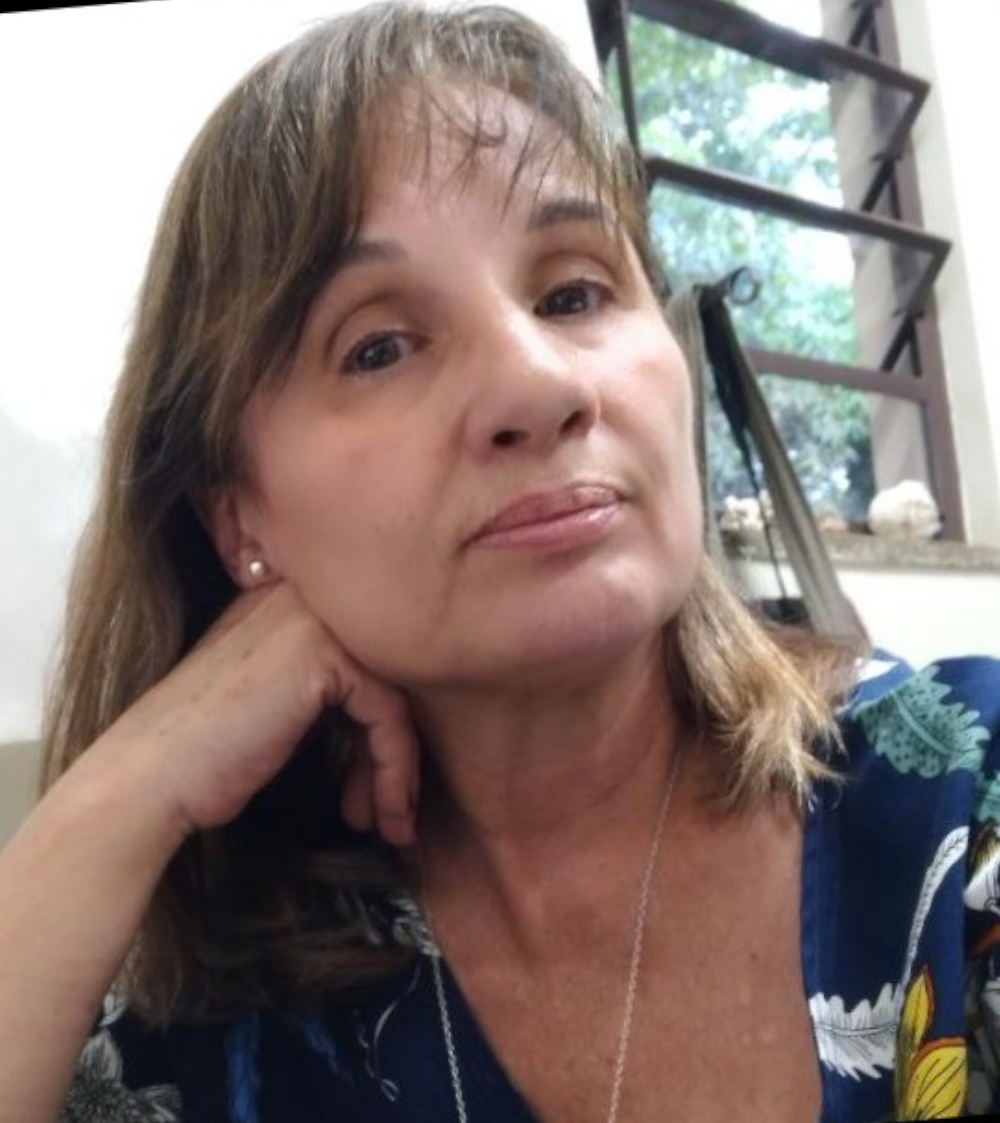
Dr. Maria Bernadete Sarti da Silva Carvalho
Researcher
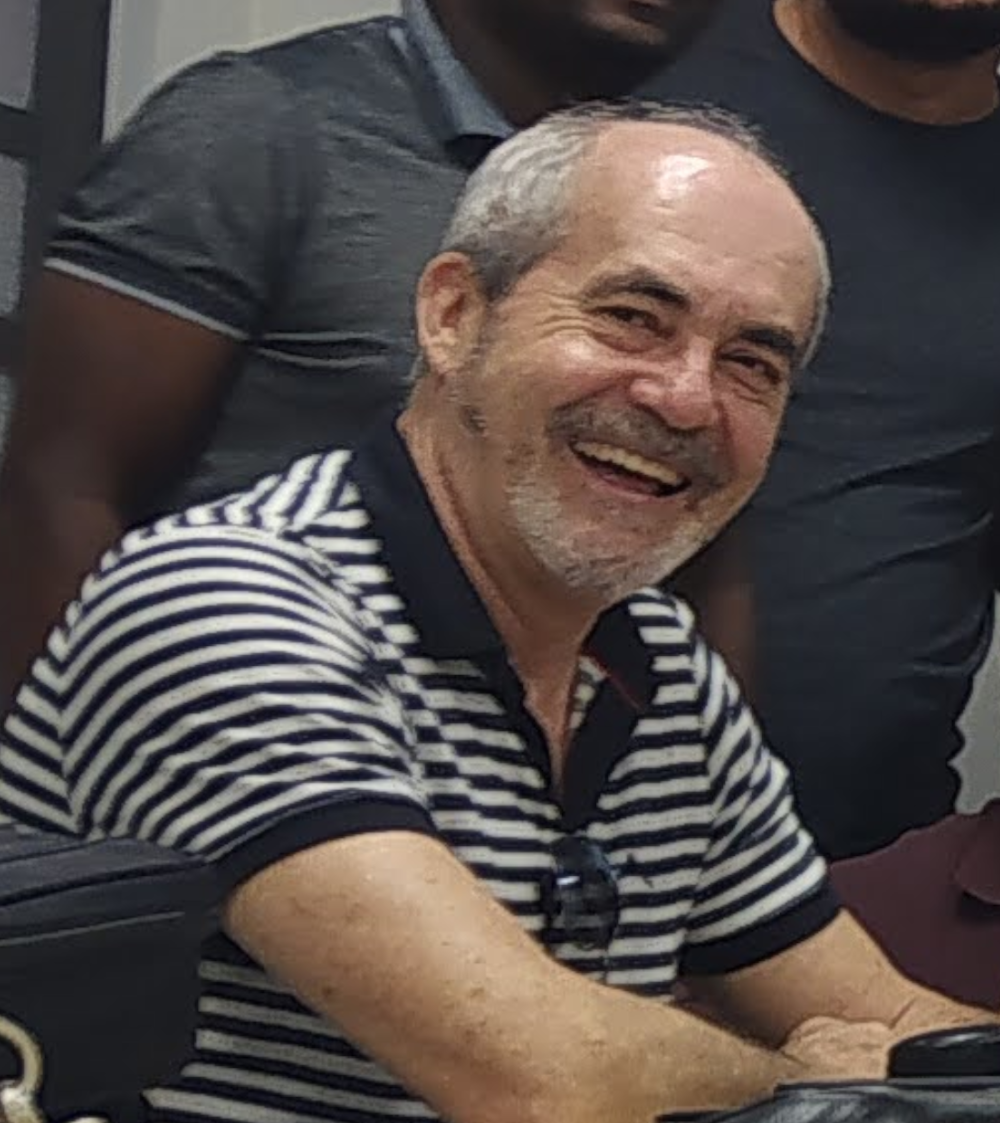
Dr. Luiz Carlos Santana
Researcher
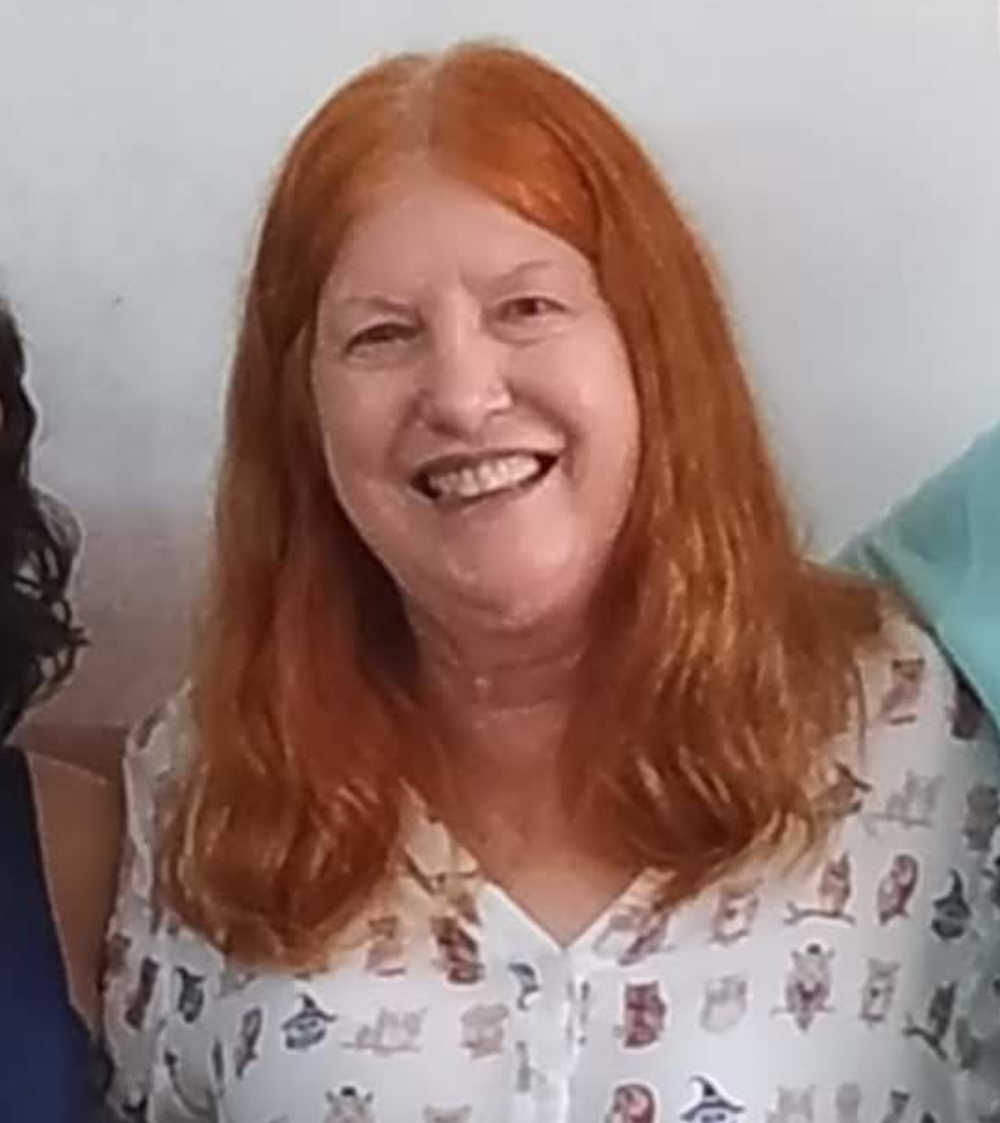
Dr. Rosa Maria Feiteiro Cavalari
Researcher
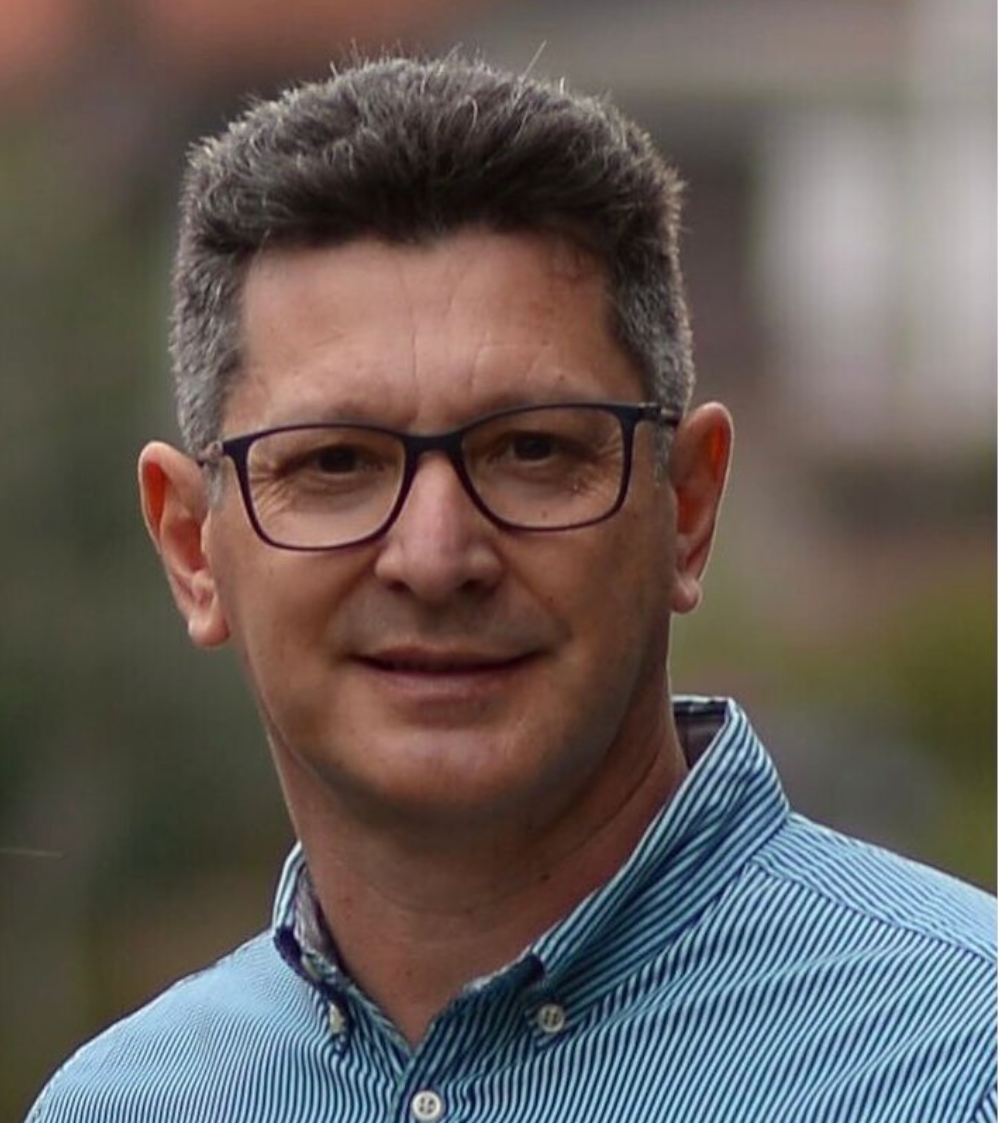
Dr. Leonir Lorenzetti
Researcher

Dr. José Artur Barroso Fernandes
Researcher
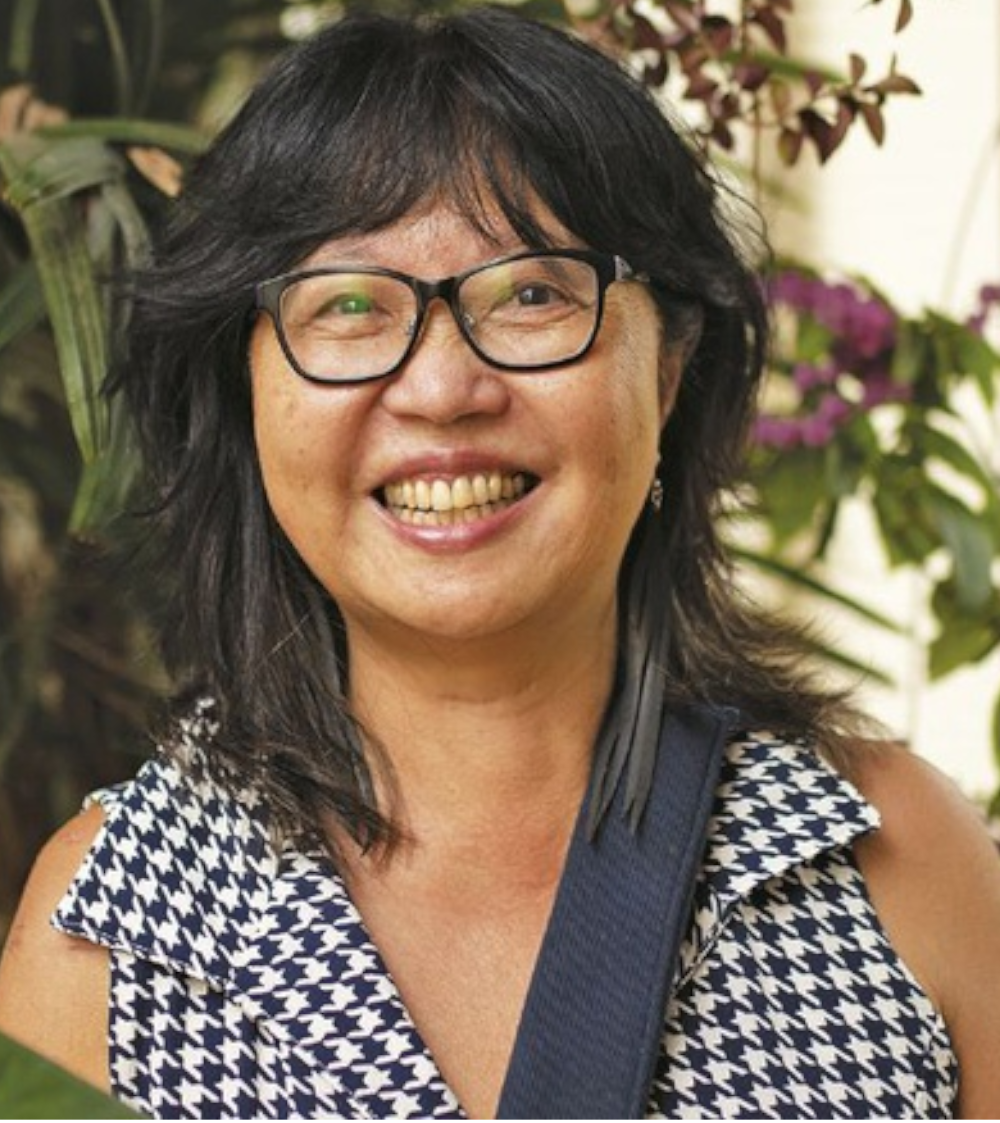
Dr. Clarice Sumi Kawasaki
Researcher

Dr. Victor Hugo de Oliveira Henrique
Researcher
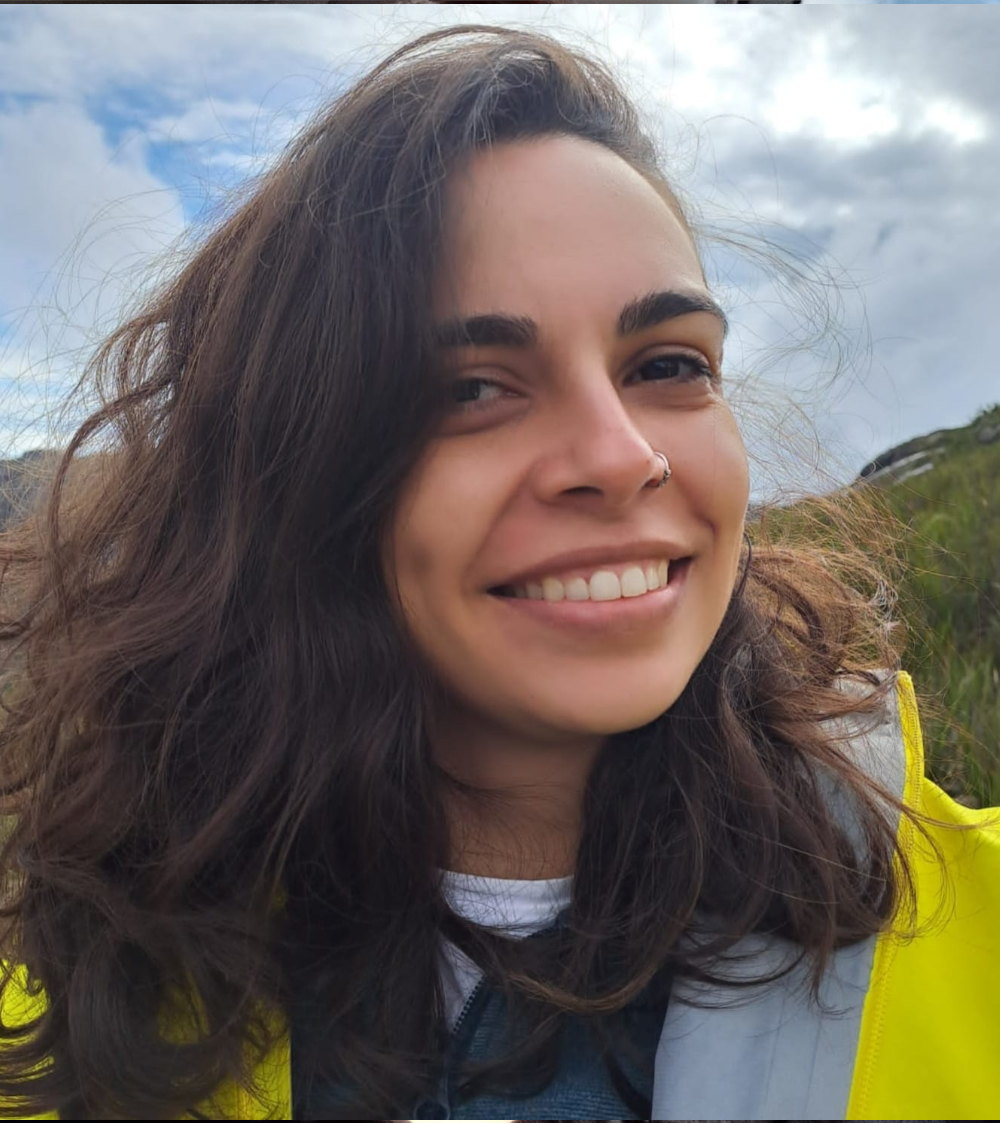
Dr. Dayane dos Santos Silva
Postdoctoral student
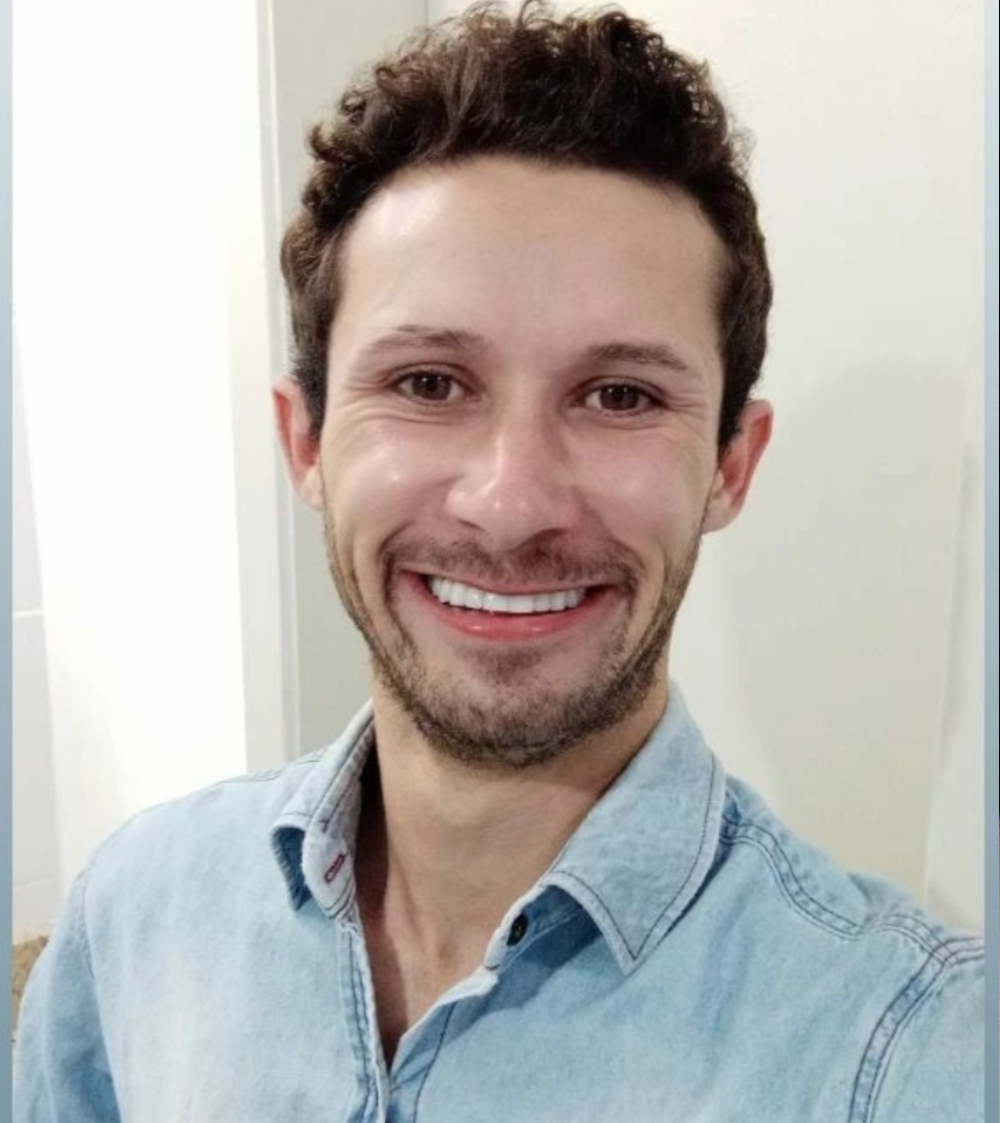
Dr. Dieison Prestes da Silveira
Postdoctoral student

Me. Gabriel Lisboa de Melo
PhD student
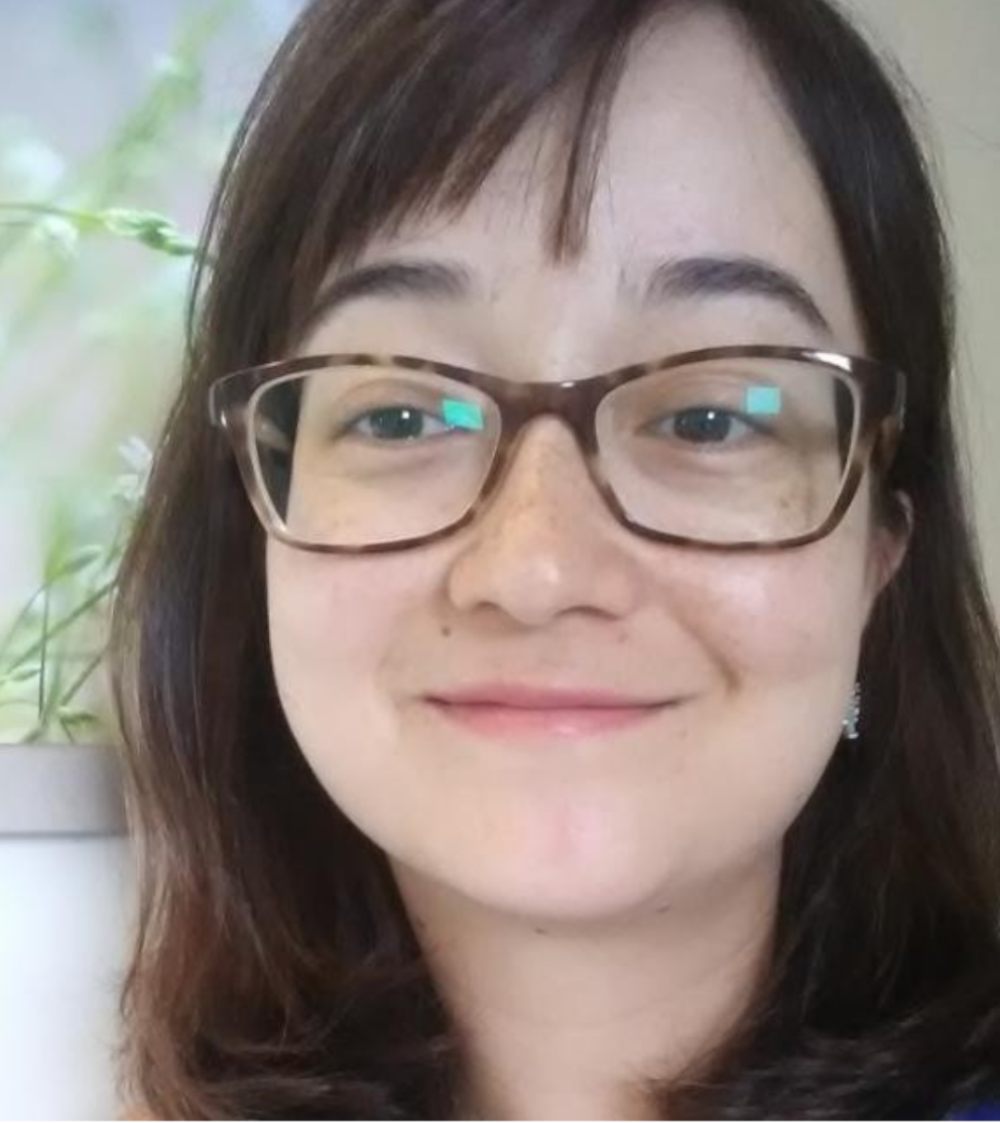
Ma. Camila Kazumi Kitamura Mattioli
PhD student
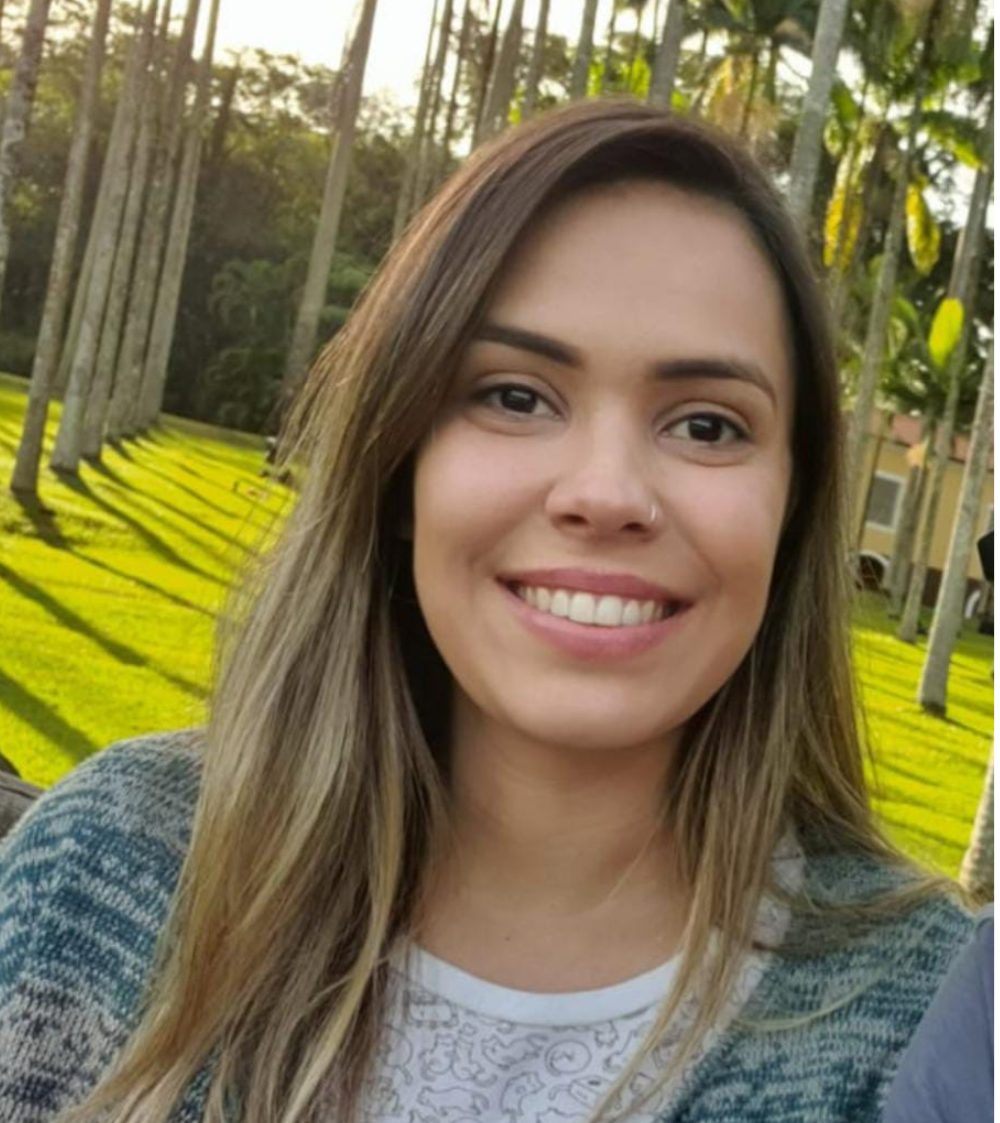
Ma. Fabiana Mara de Oliveira
PhD student

Ma. Laís de Souza Rédua
PhD student

Ma. Fernanda Sueko Ogawa
PhD student

Ma. Daniela Bertolucci de Campos
PhD student

Ma. Fabiana Fassis
PhD student

Ma. Leda Belitardo de Oliveira Pereira
PhD student

Me. Richard Fernando D. Almeida
Master degree

Julia Peixoto Bellucci
Master's Degree student
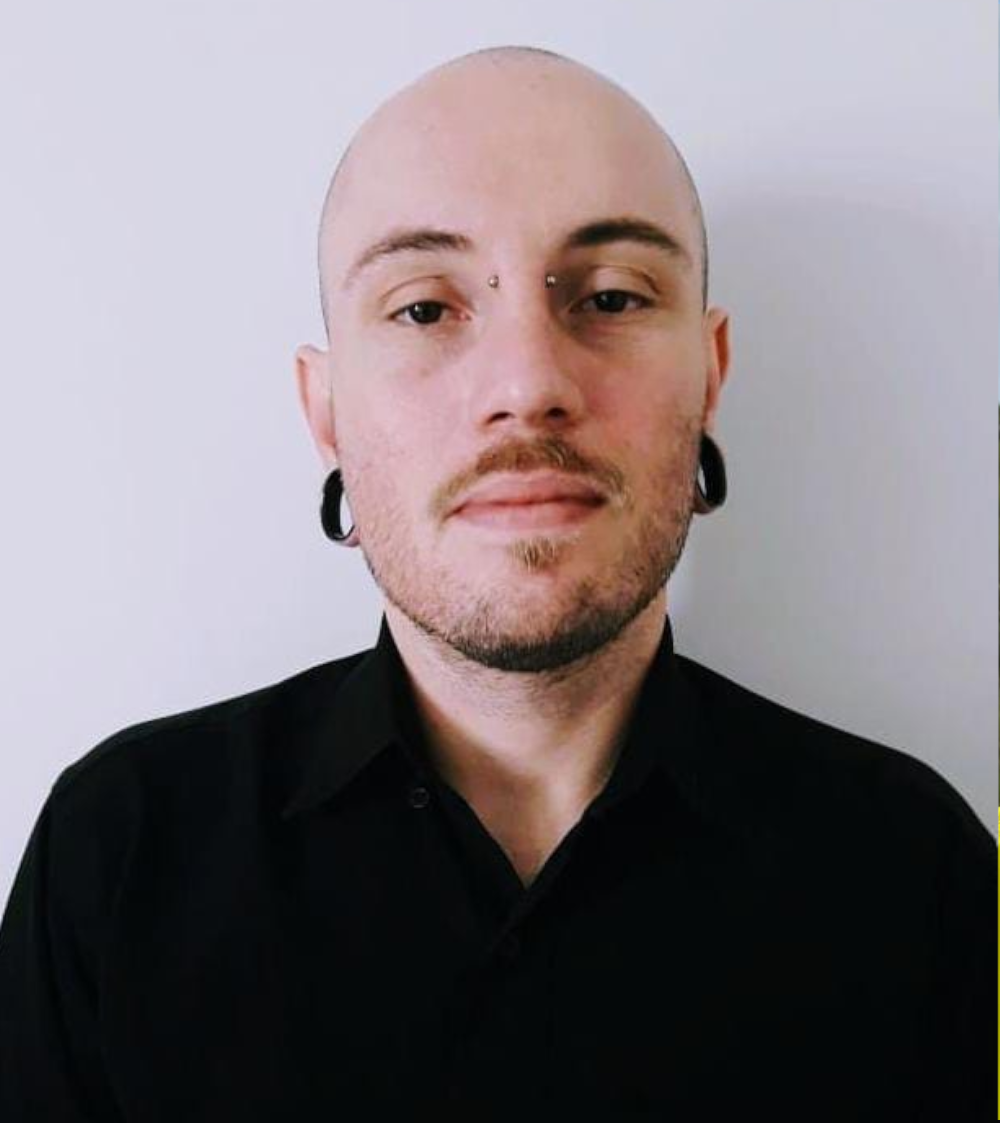
Cristian Aparecido Domingues Brentegani
Master's Degree student
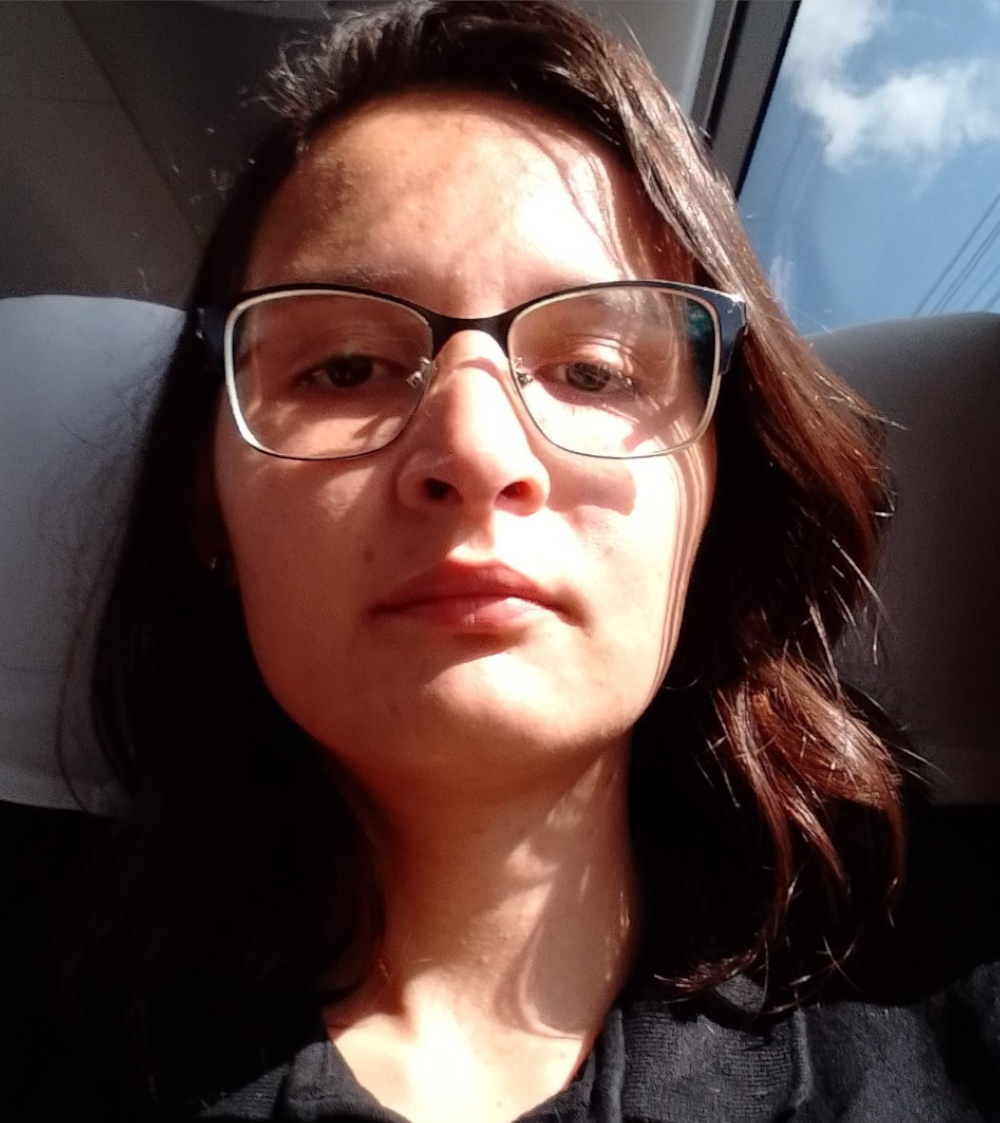
Caroline Mayara Sampaio Vieira
Master's Degree student
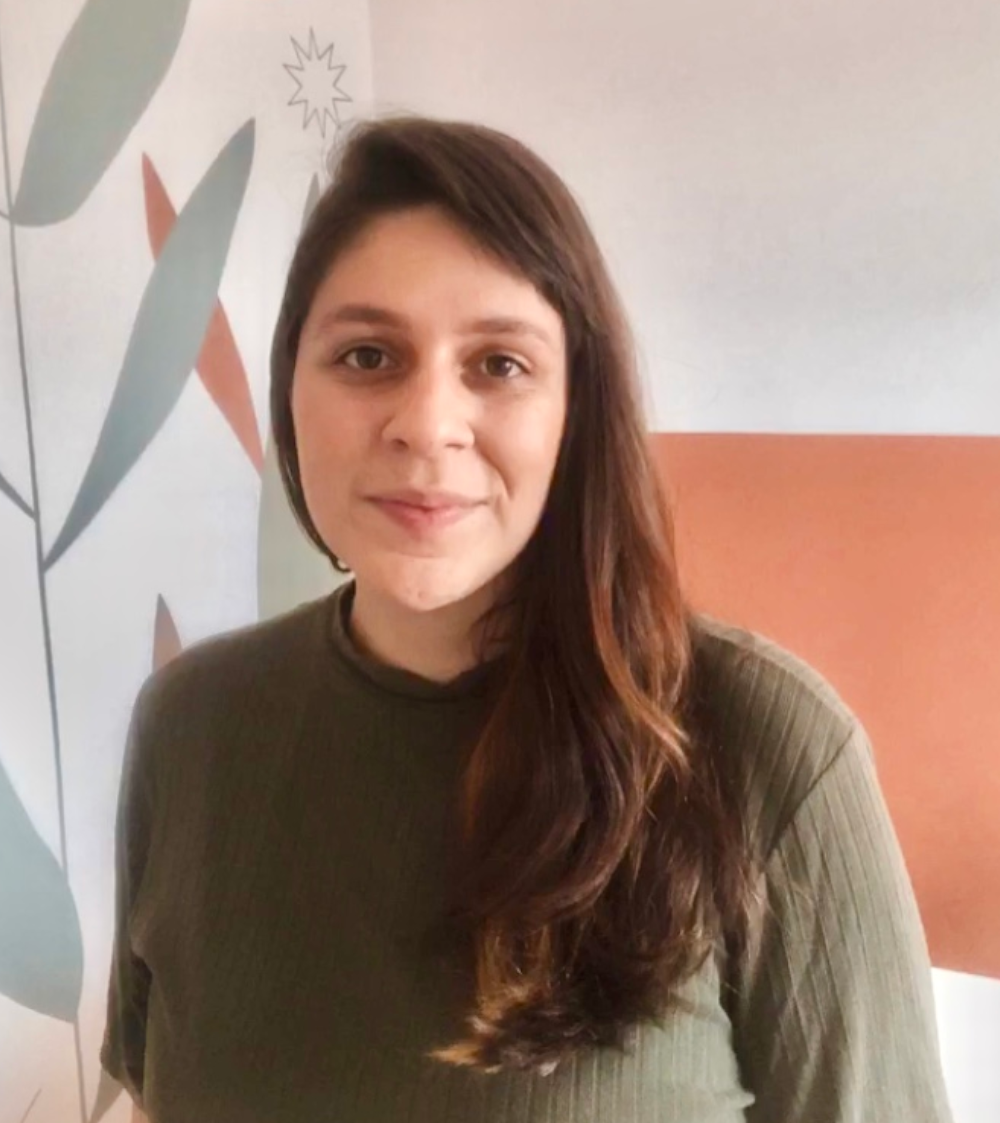
Gleici Branco
Master's Degree student
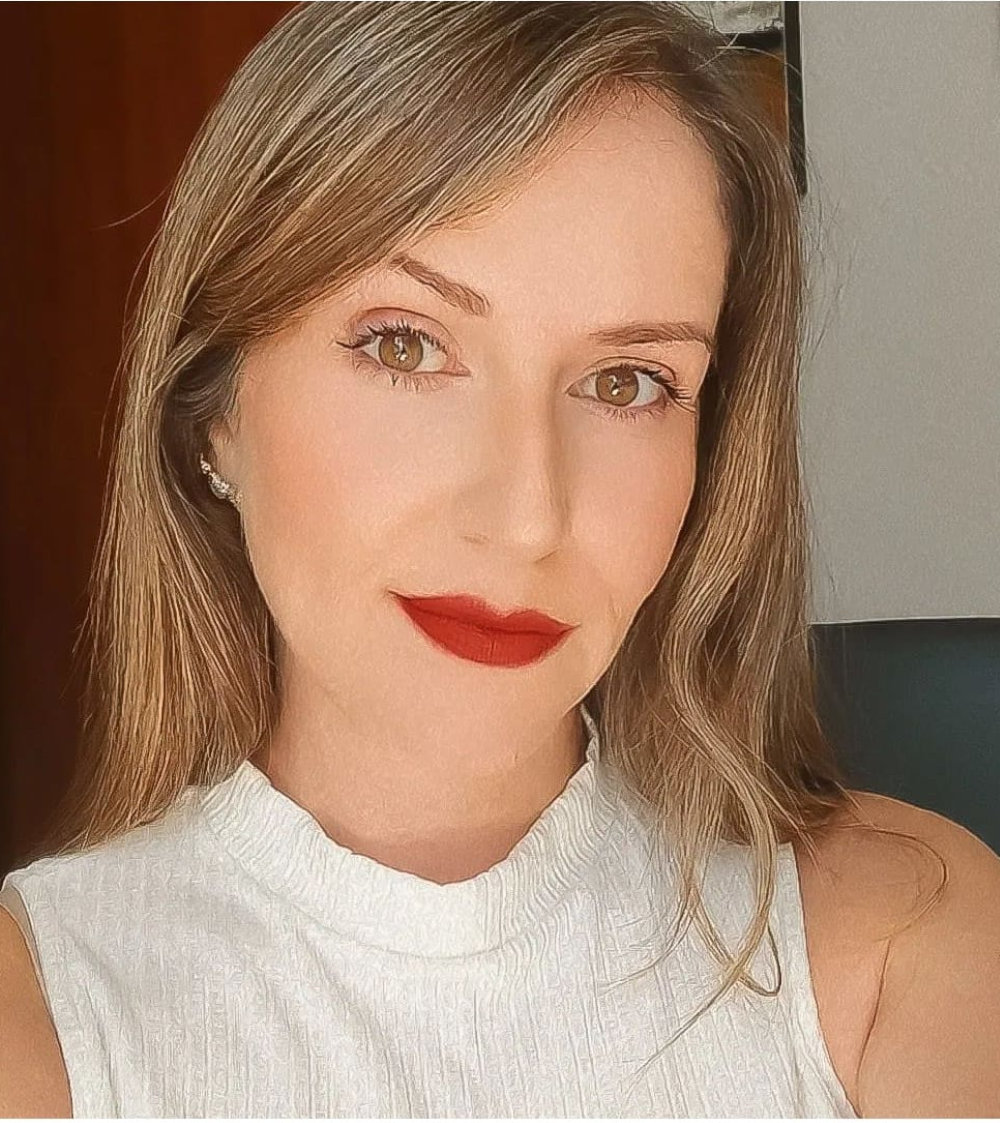
Rosa Helena Pinheiro Borghi
Master's Degree student
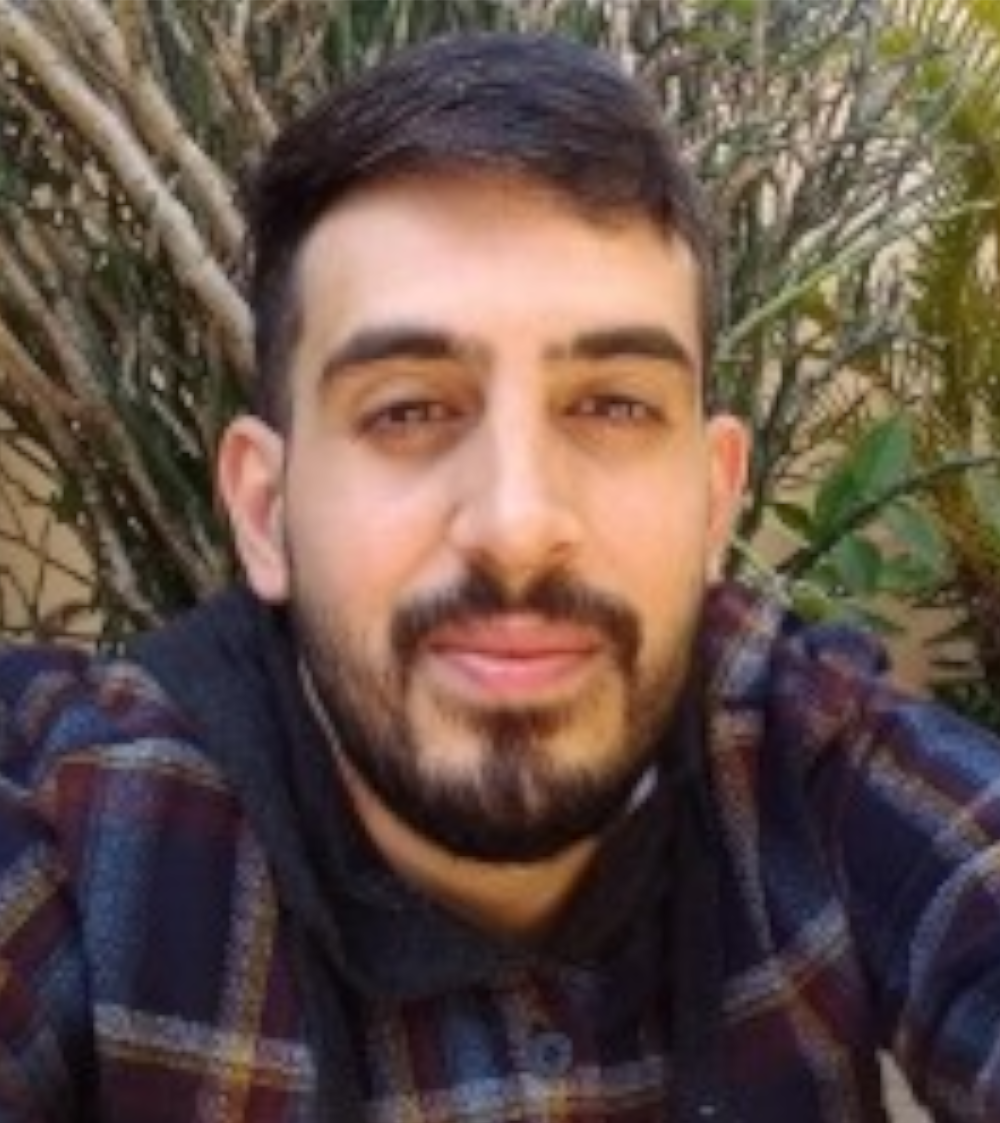
Felipe Pinto Simão
Master's Degree student

Daniel Mauro de Oliveira
Master's Degree student

Luciana Leite de Souza
Master's Degree student
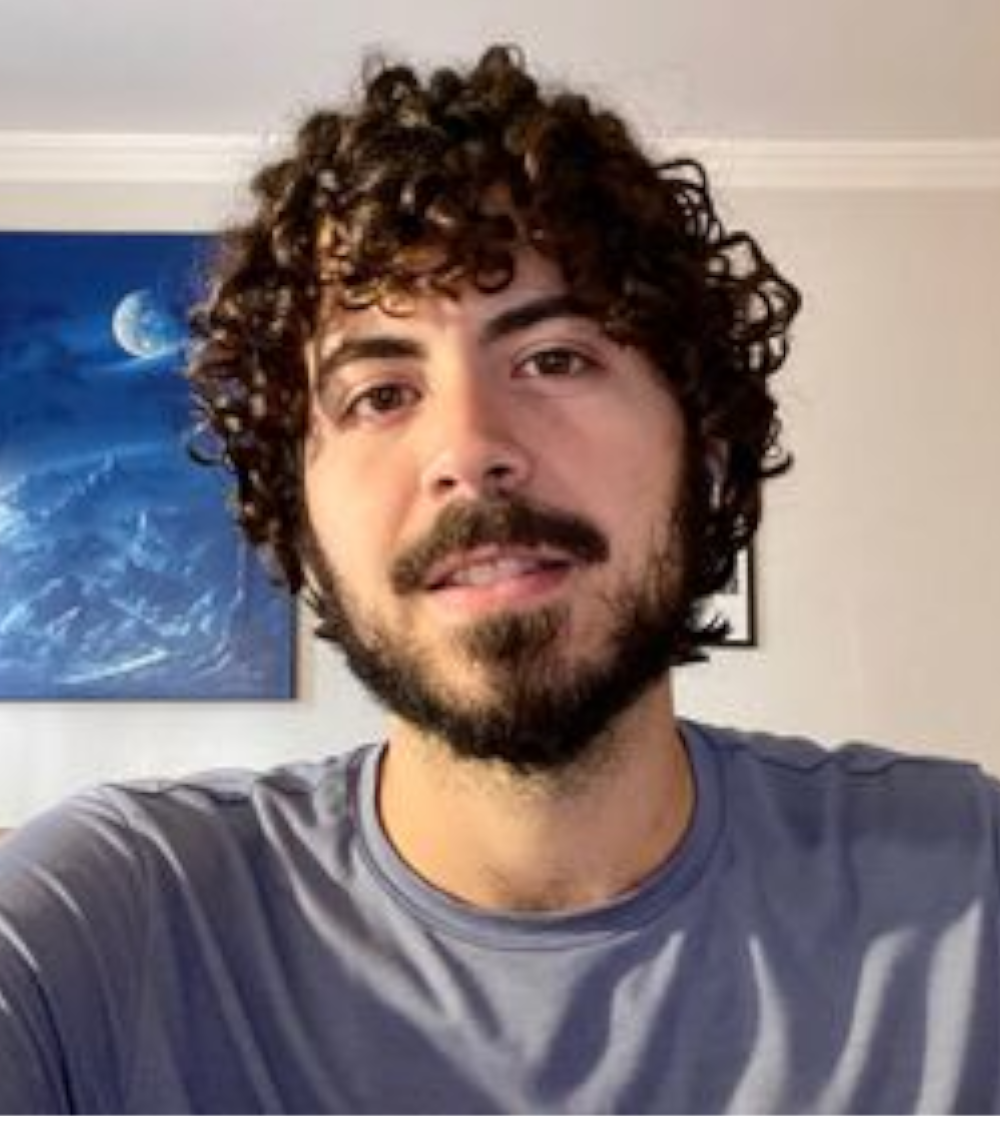
Jerah Fonseca Carvalho
Master's Degree student

Gabriela Brito Viana
Estudante de graduação
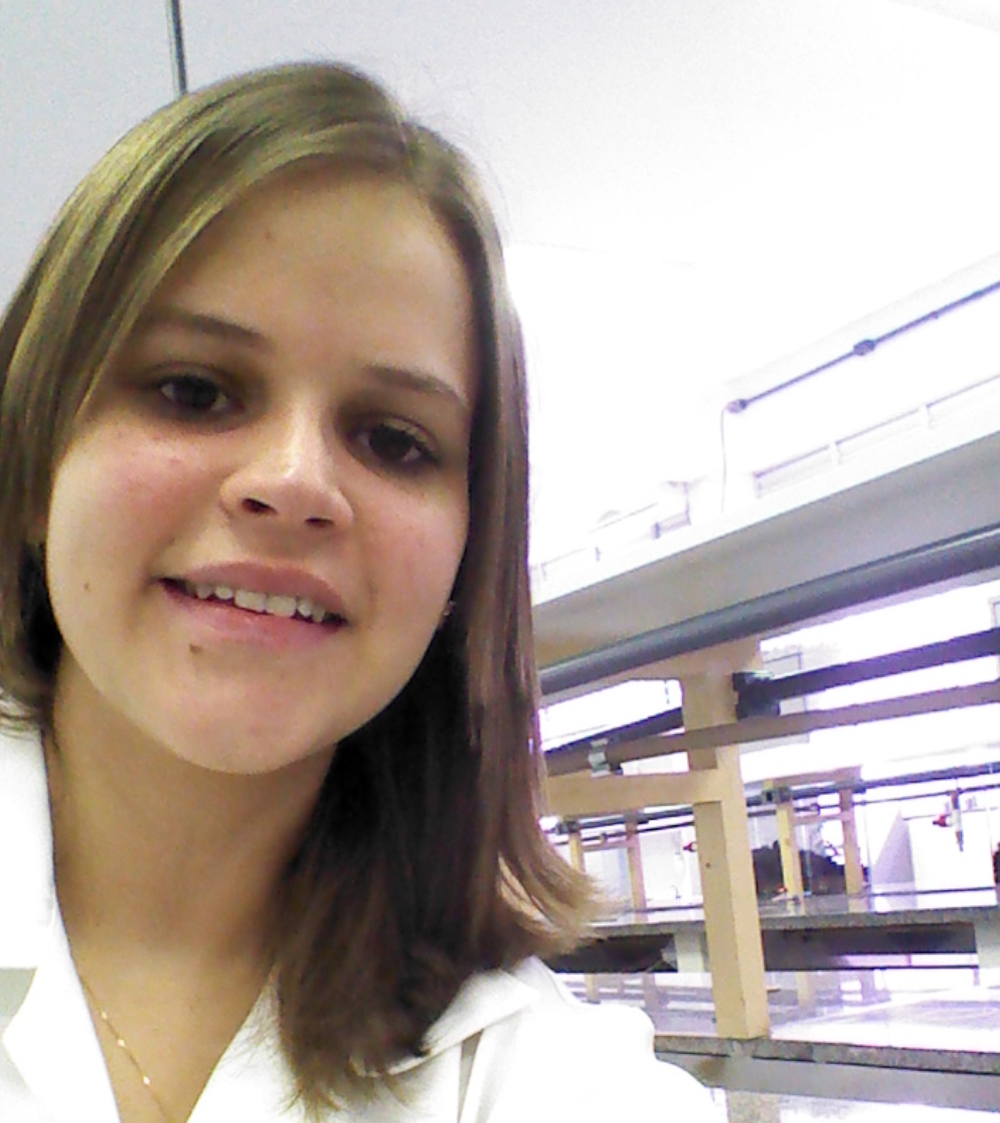
Larissa de Freitas Paula Silva Tarozo
Estudante de graduação

Viviane Cristina Campos
Estudante de graduação
Team from EArte Colombia
Team from Universidad del Tolima - Ibagué
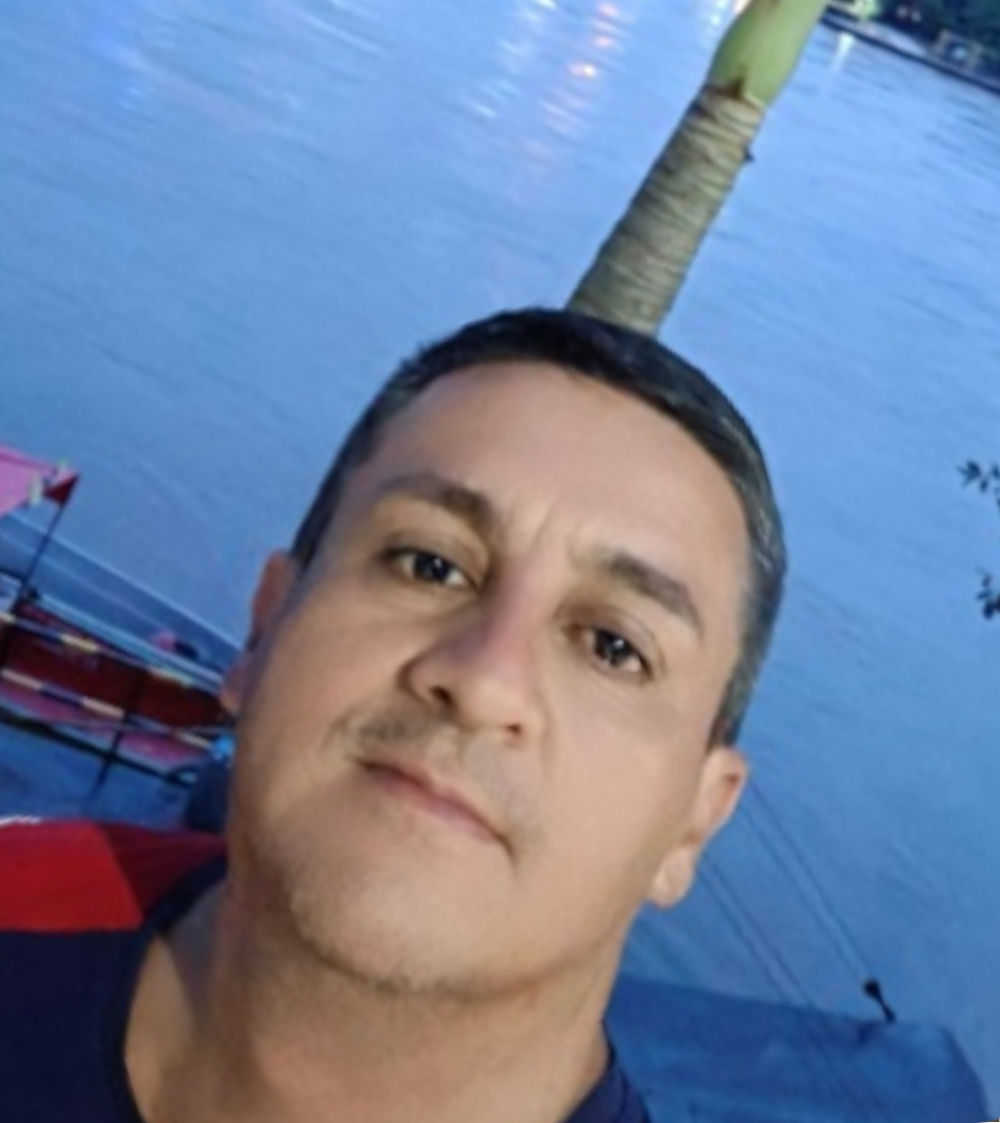
Jairo Andrés Velásquez Sarria
Director del proyecto
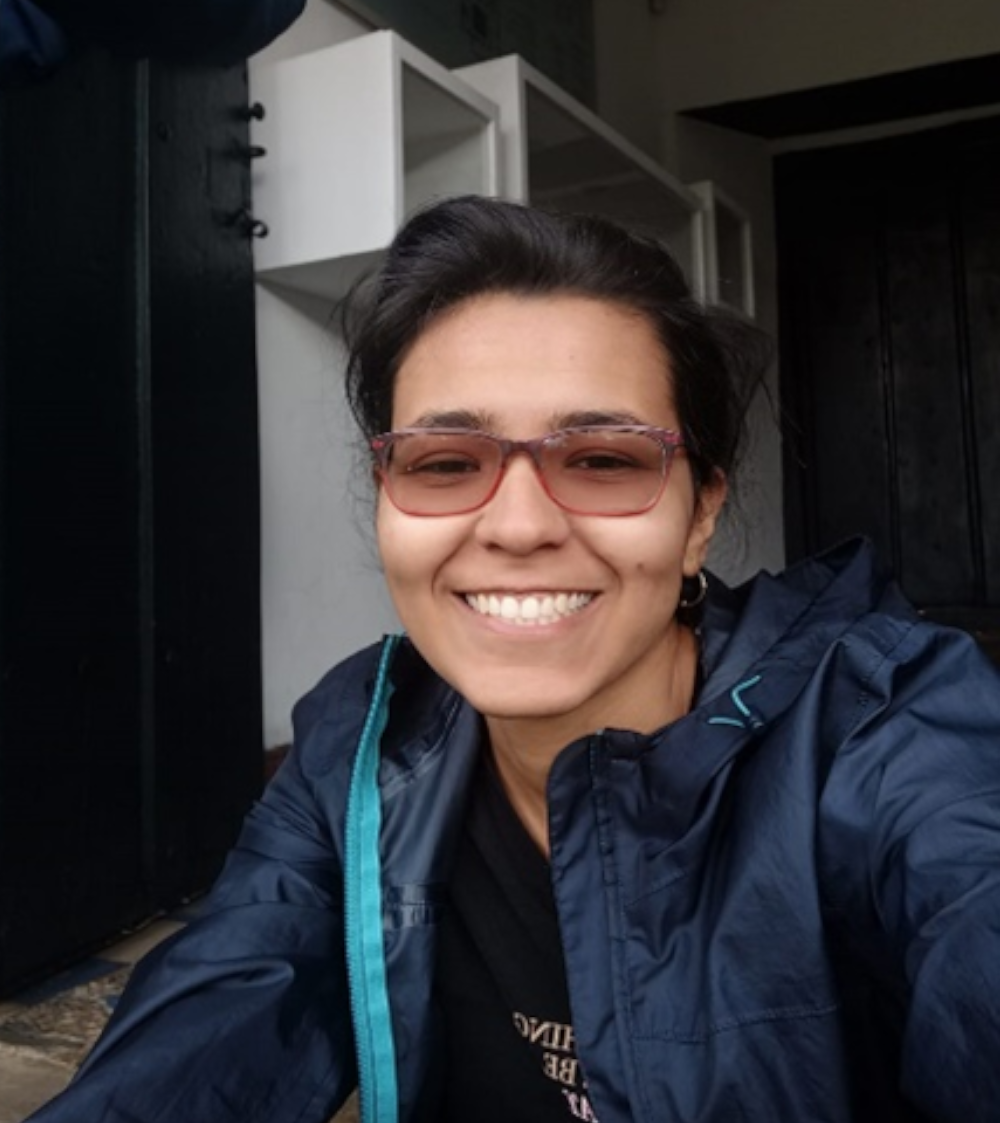
Katiuska Andrea Fonseca Prada
Researcher
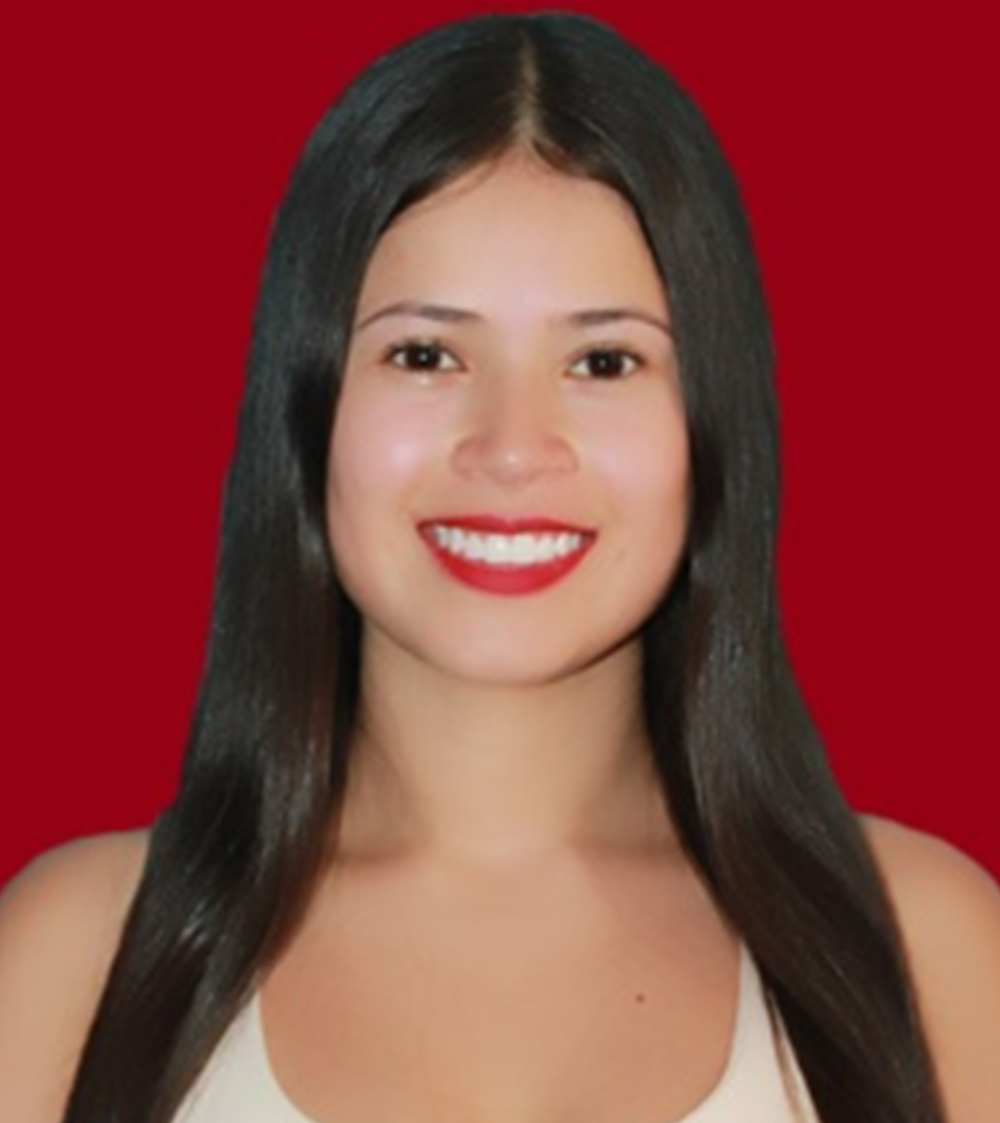
Jirley Vanessa Rojas Gómez
Researcher
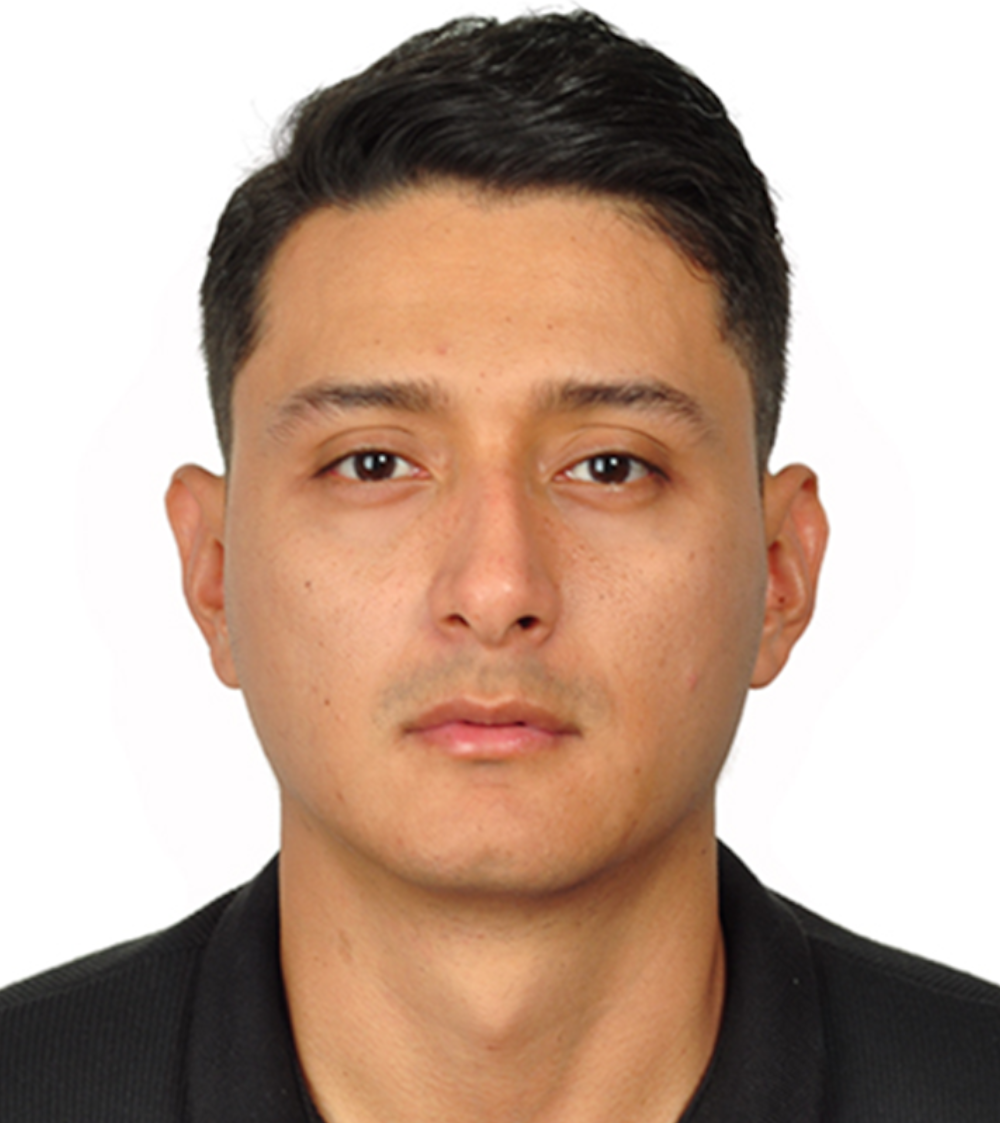
Andrés Felipe Bueno Lugo
Researcher
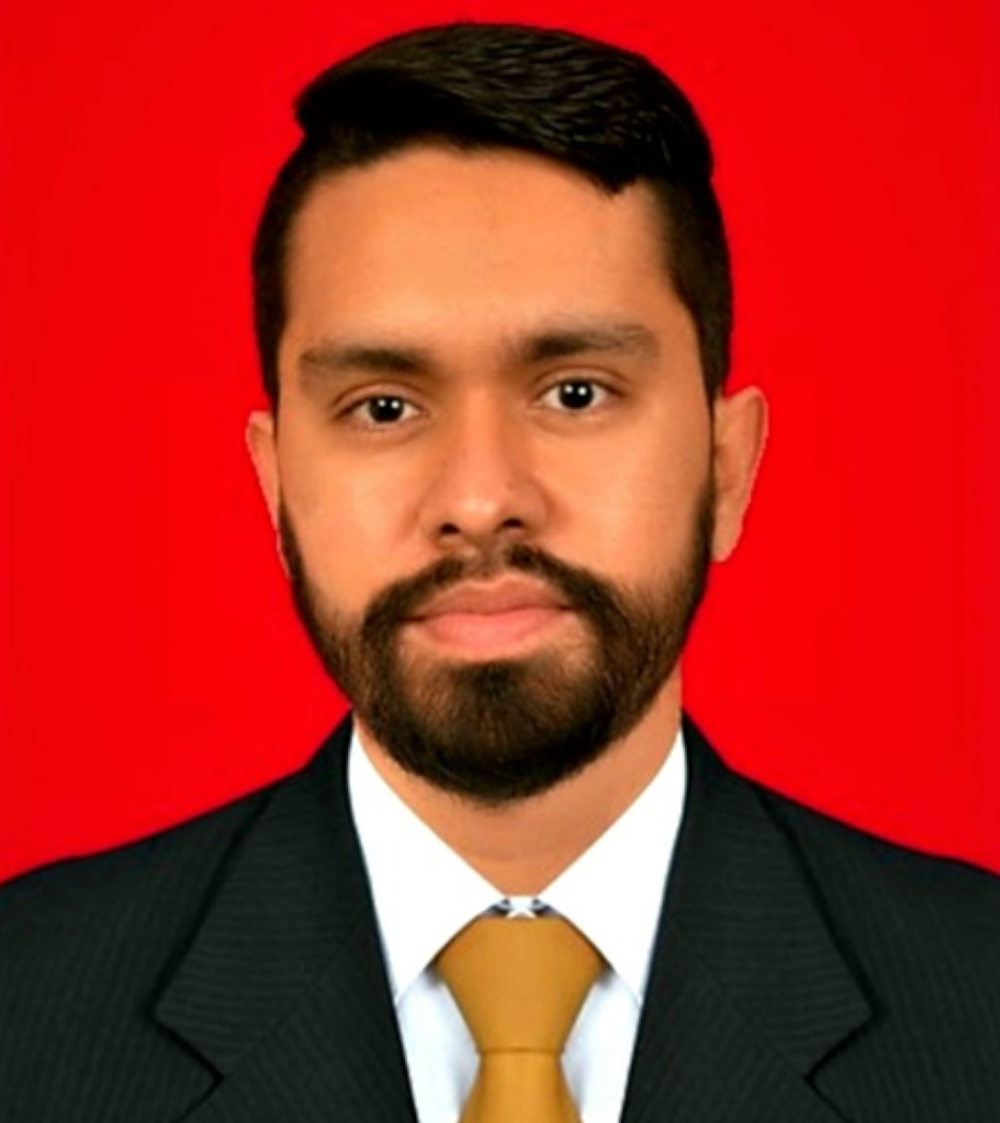
Diego Jair Gálvez Cubides
Researcher

Felipe Mauricio Pino Perdomo
Researcher
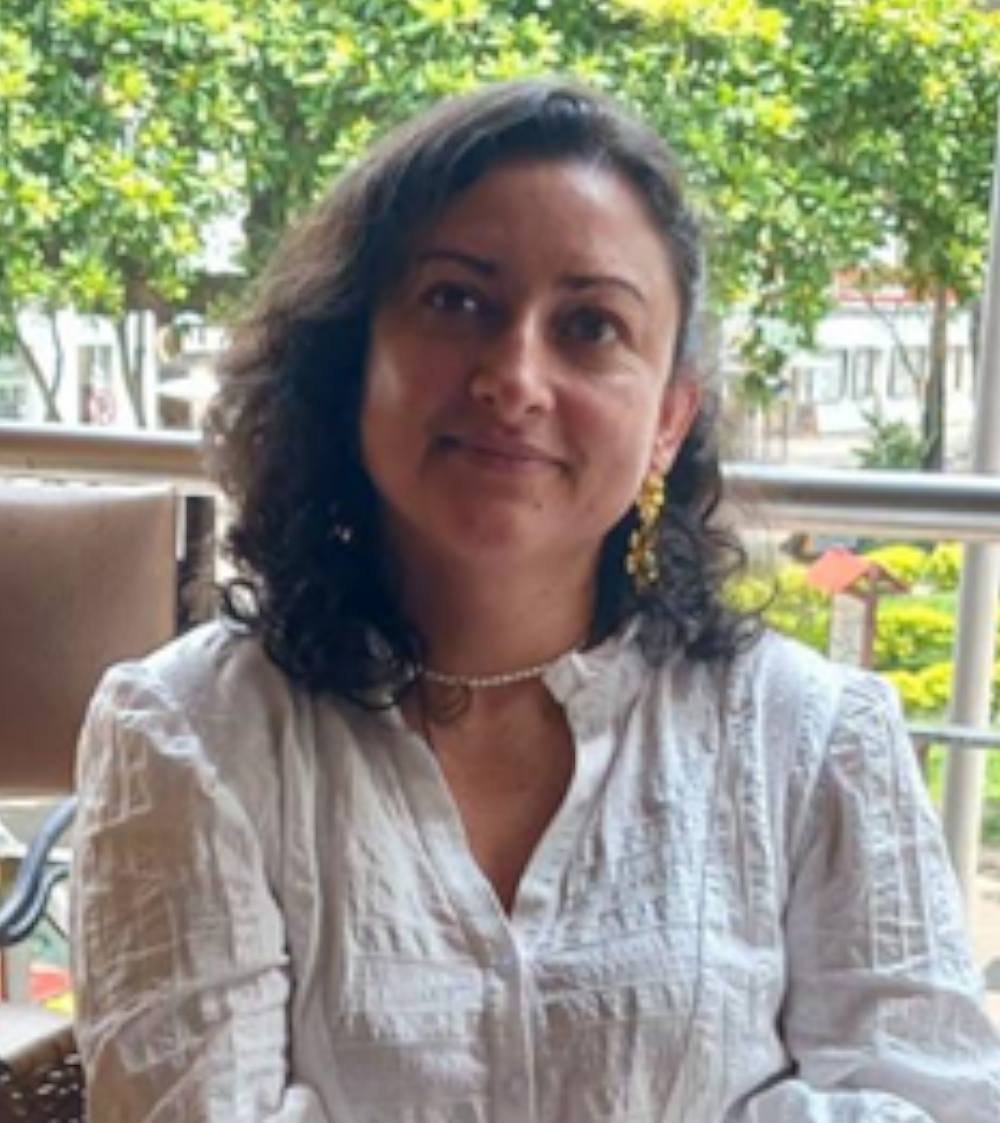
Gloria Marcela Flórez Espinosa
Researcher
Team from Universidad del Tolima y Universidad Distrital José Francisco de Caldas
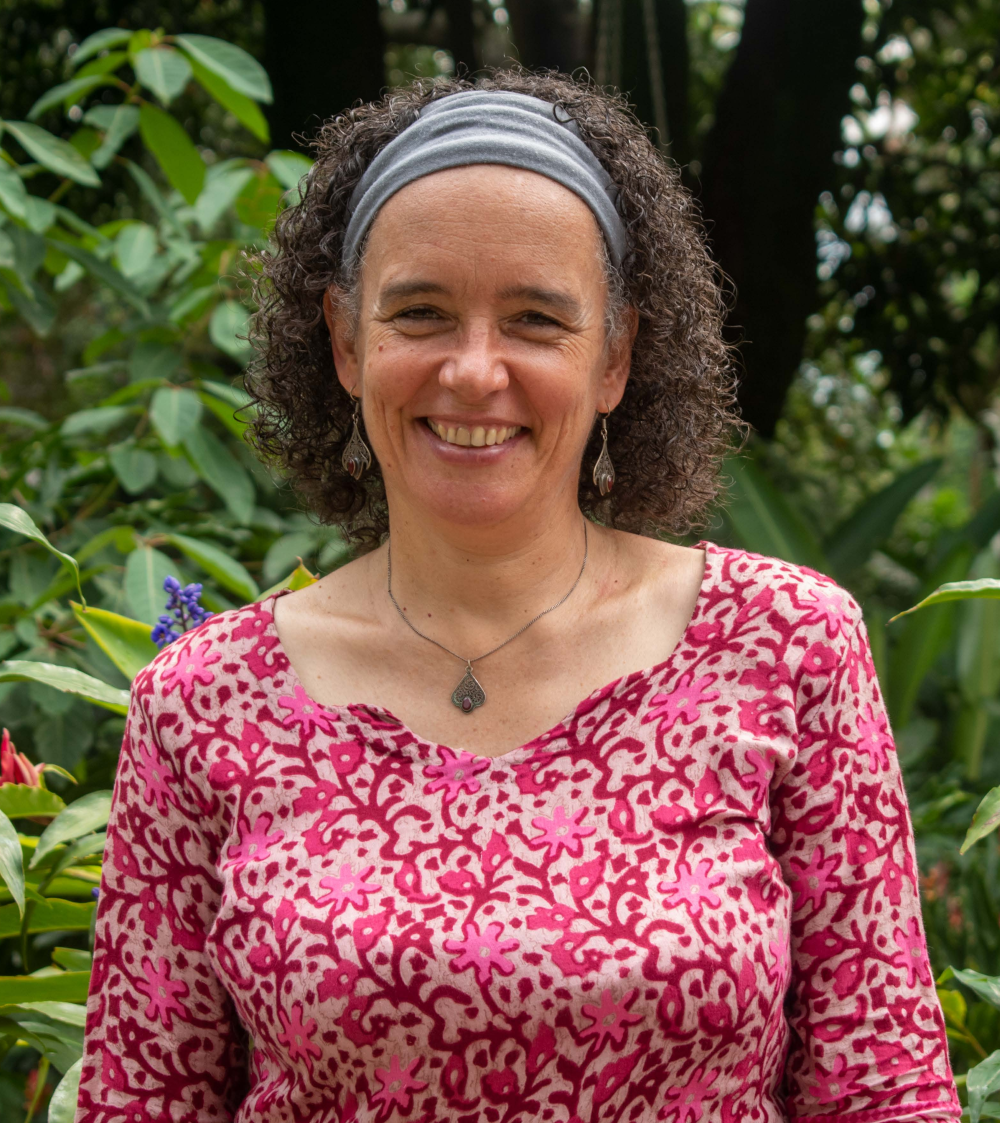
Maria Luisa Eschenhagen Duran
Project director
Team from EArte Chile
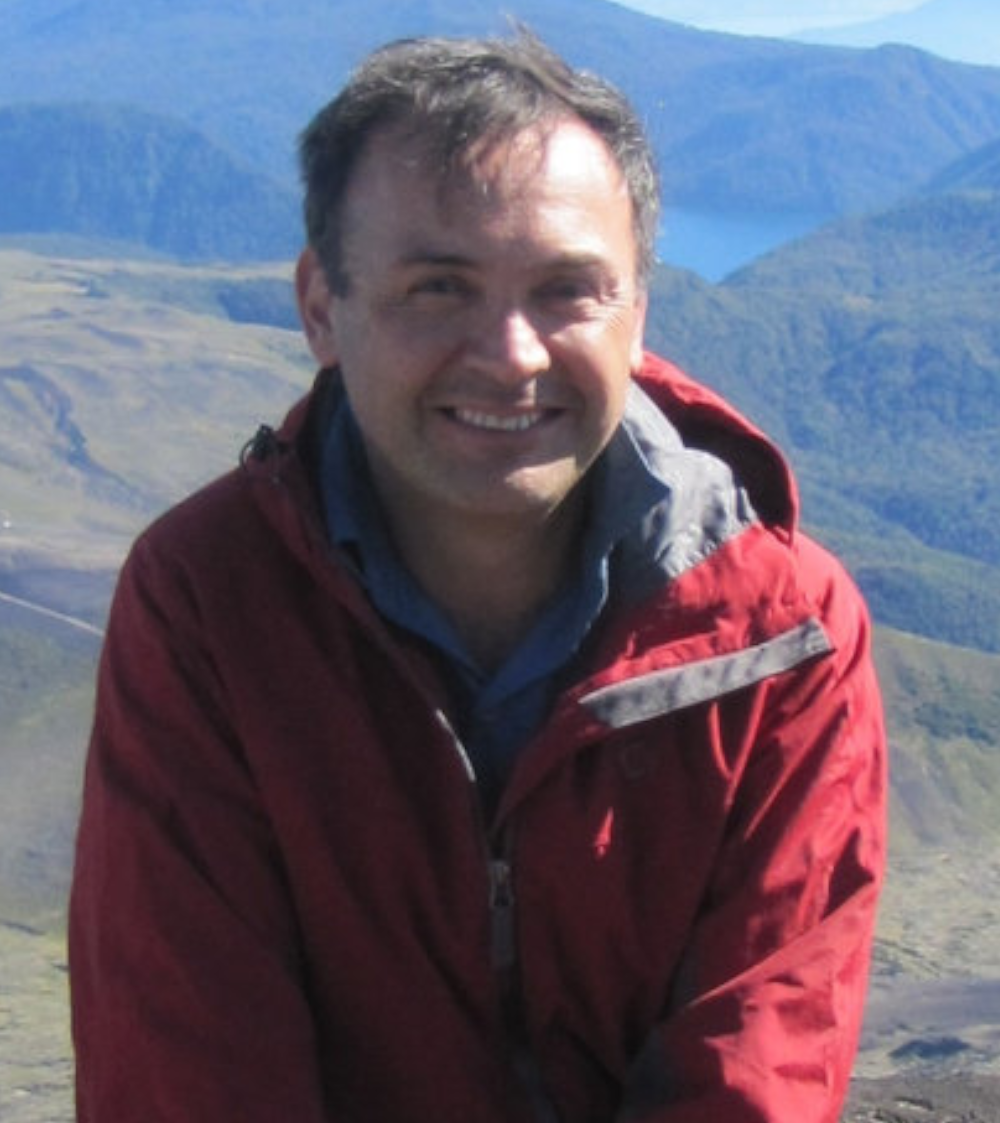
Gonzalo M. Rivera
Director del proyecto

Antonia Condeza
Researcher
Team from EArte Cuba
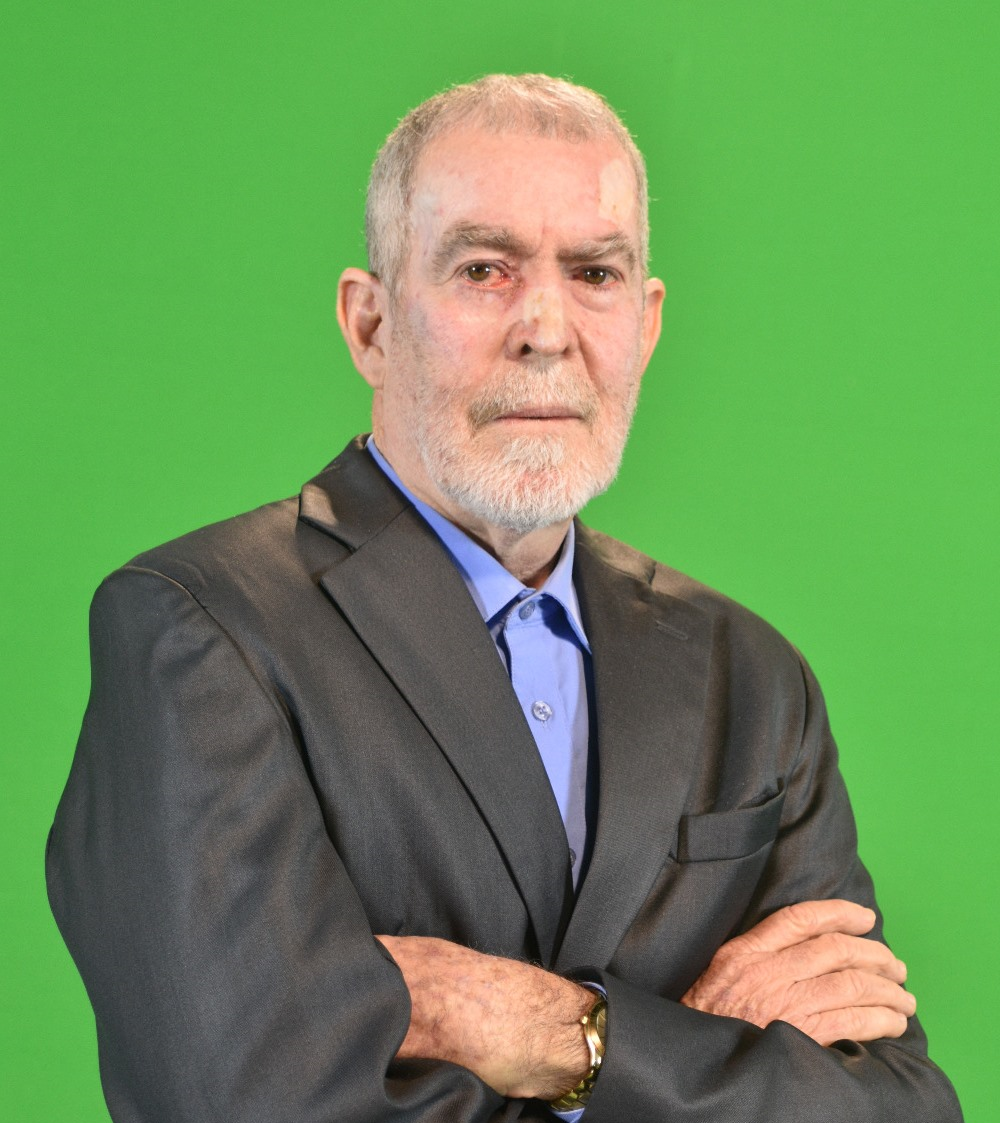
Dr. C. Rafael Bosque Suárez
Director del proyecto
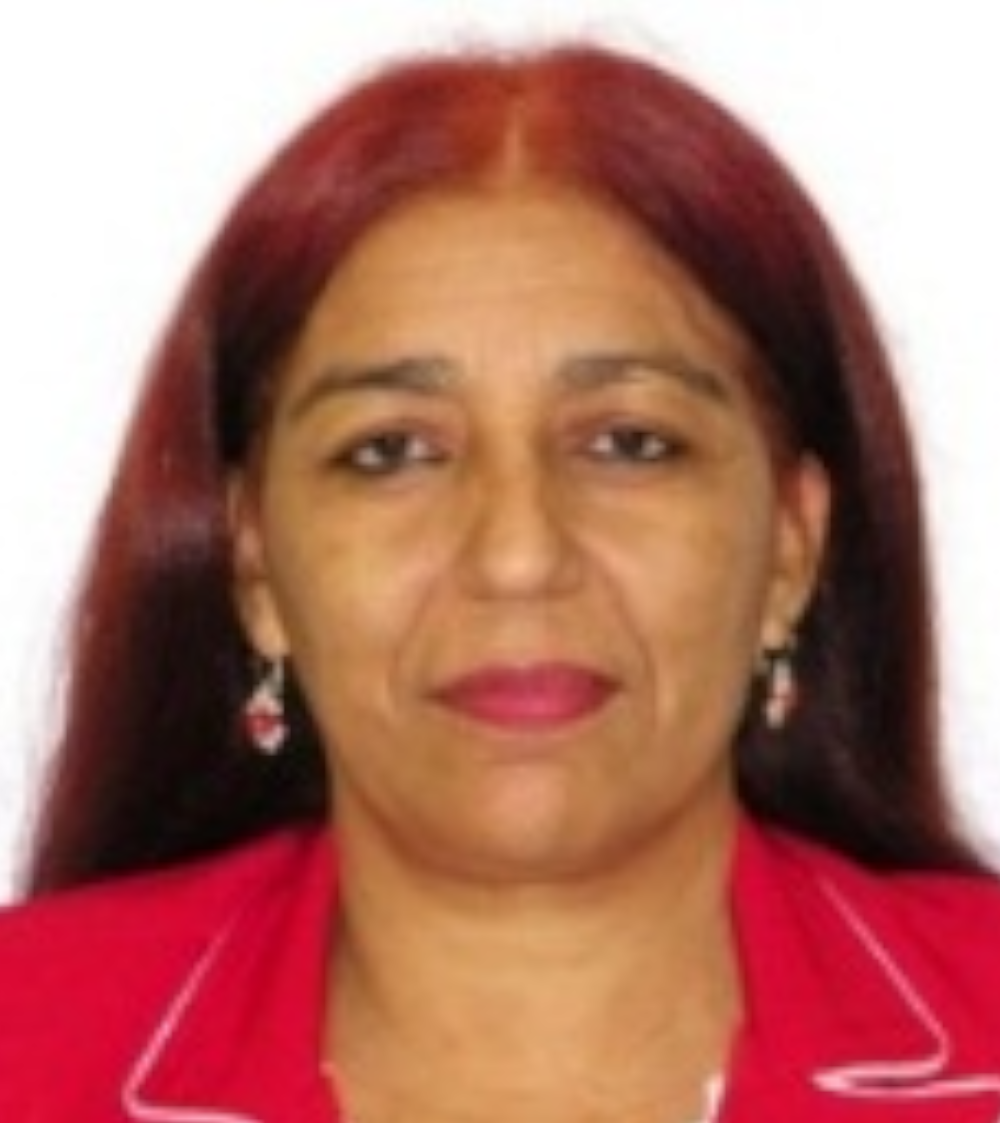
Dr. C. Amparo Osorio Abad
Researcher
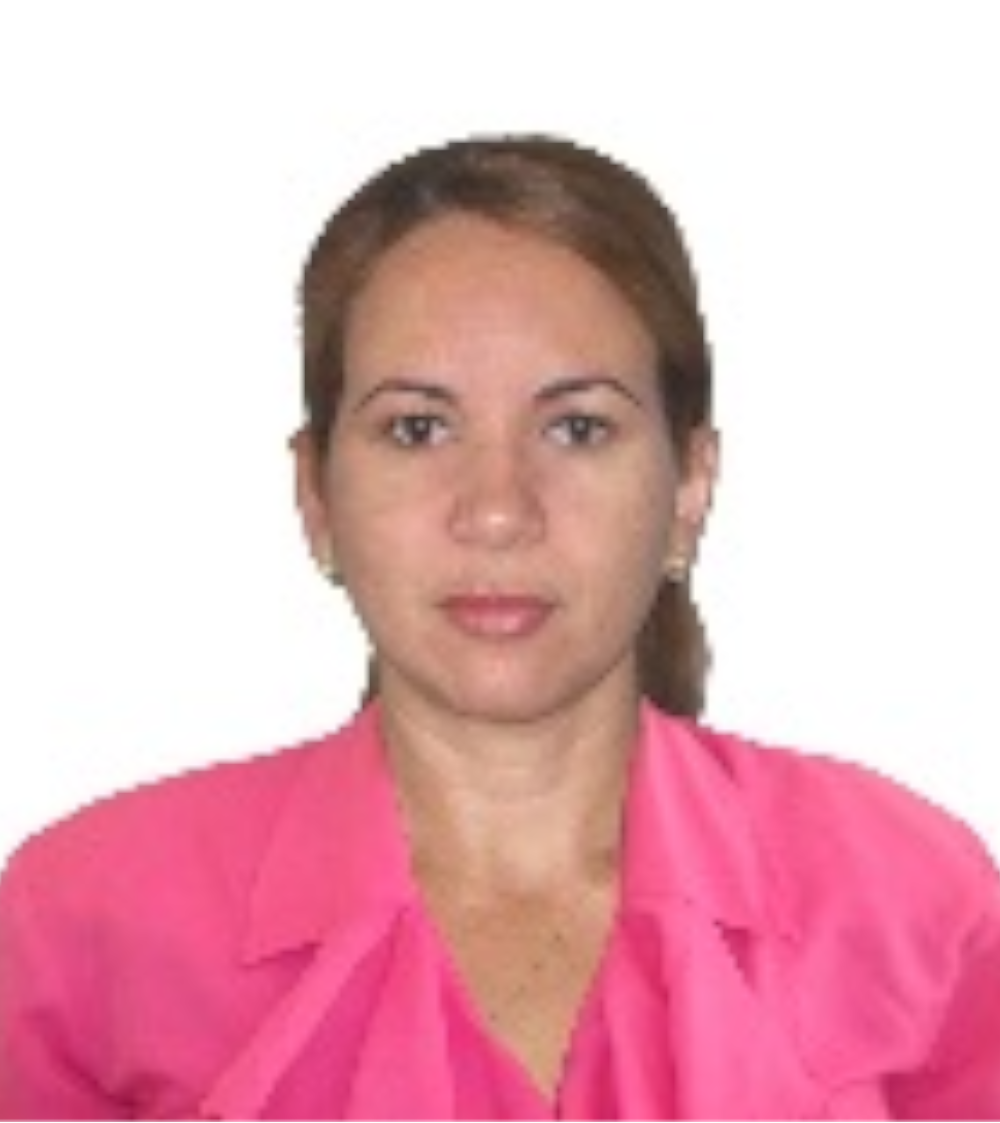
Dr. C. Aneisys Cisneros Ricardo
Researcher

Dr. C. Ana Gloria Rubié Cabrera
Researcher
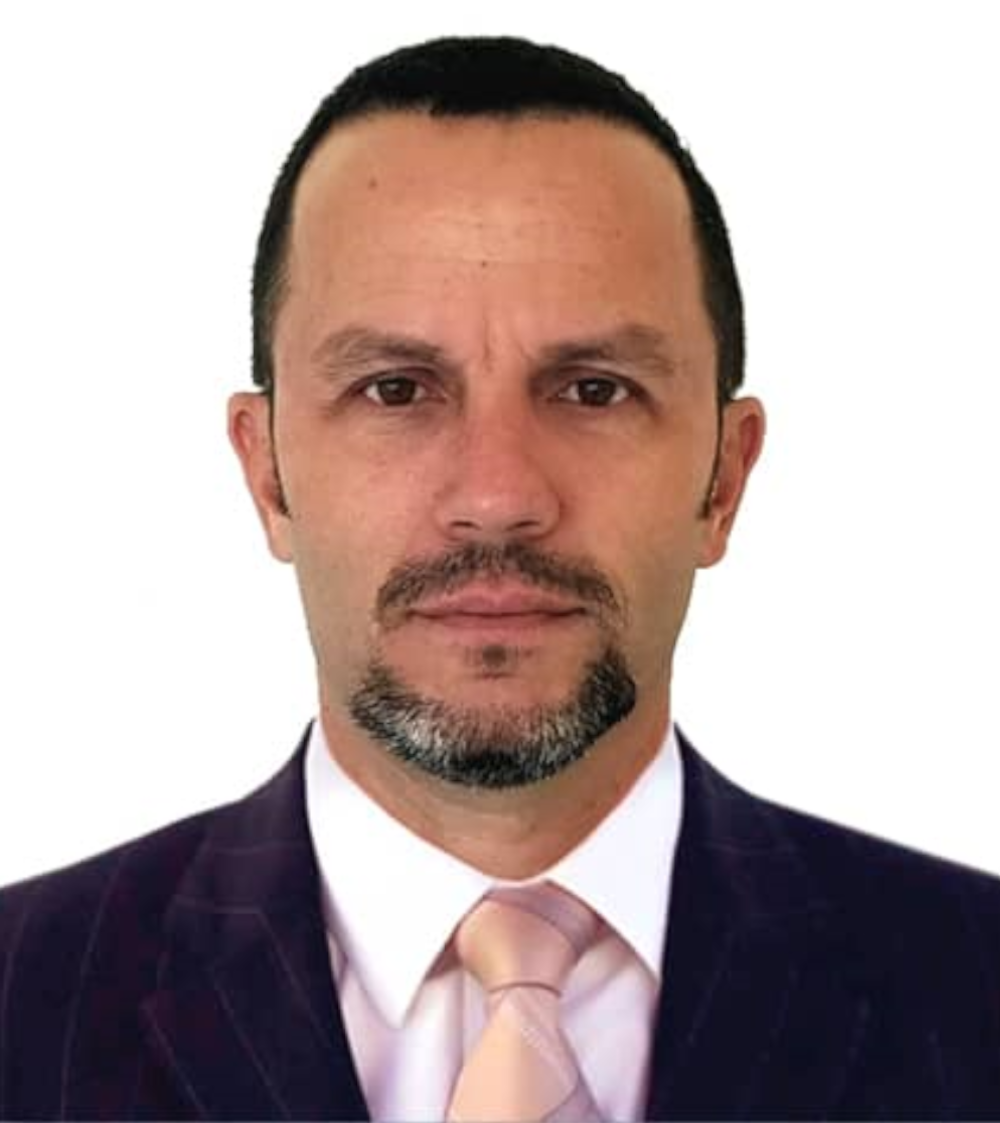
Dr. C. Jean Robaina Sánchez
Researcher

Lic. Rosa de Lima Páz Díaz
Graduada
Team from EArte México

Maria Teresa Bravo
Project director

José Gilberto Reséndiz Romero
Researcher
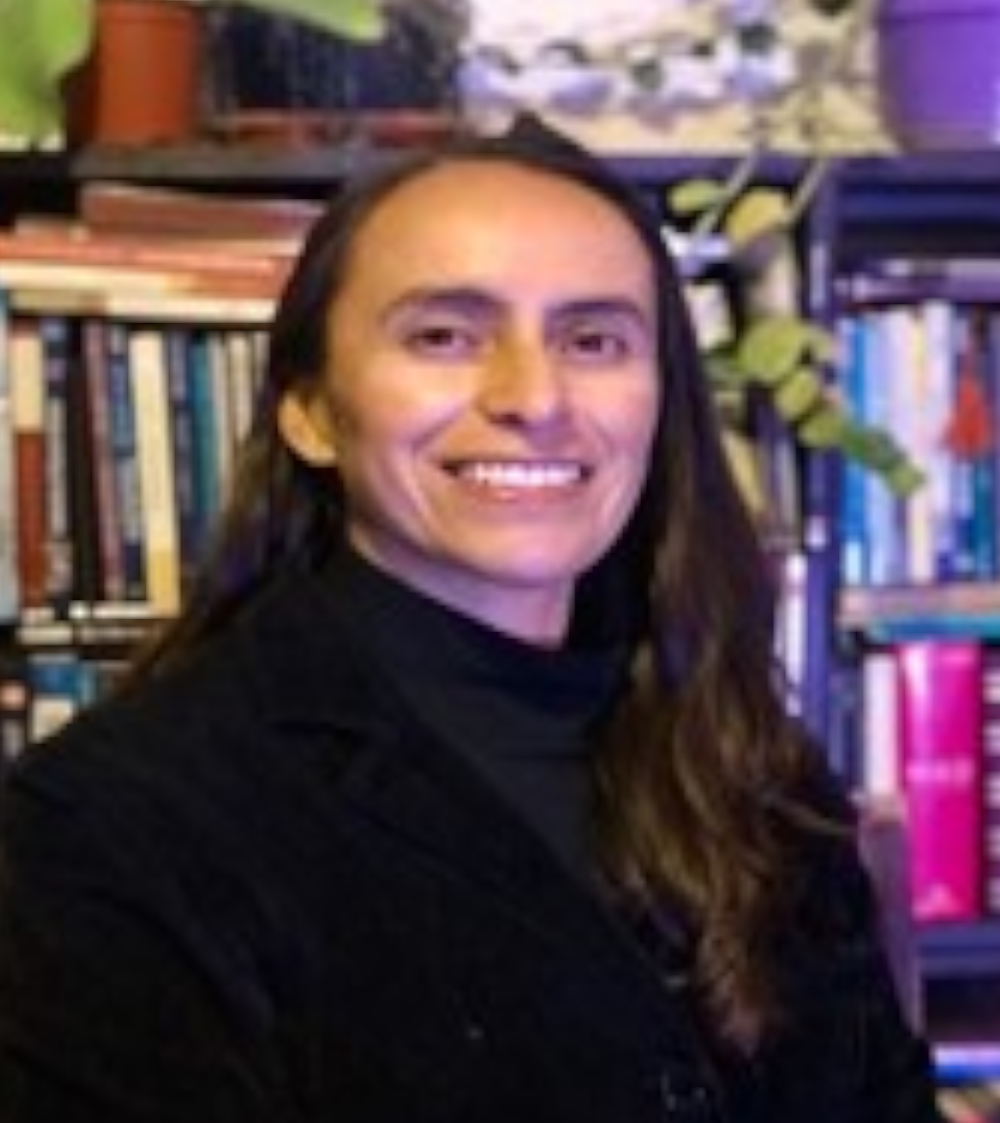
Alba Patricia Macías Nestor
PhD student
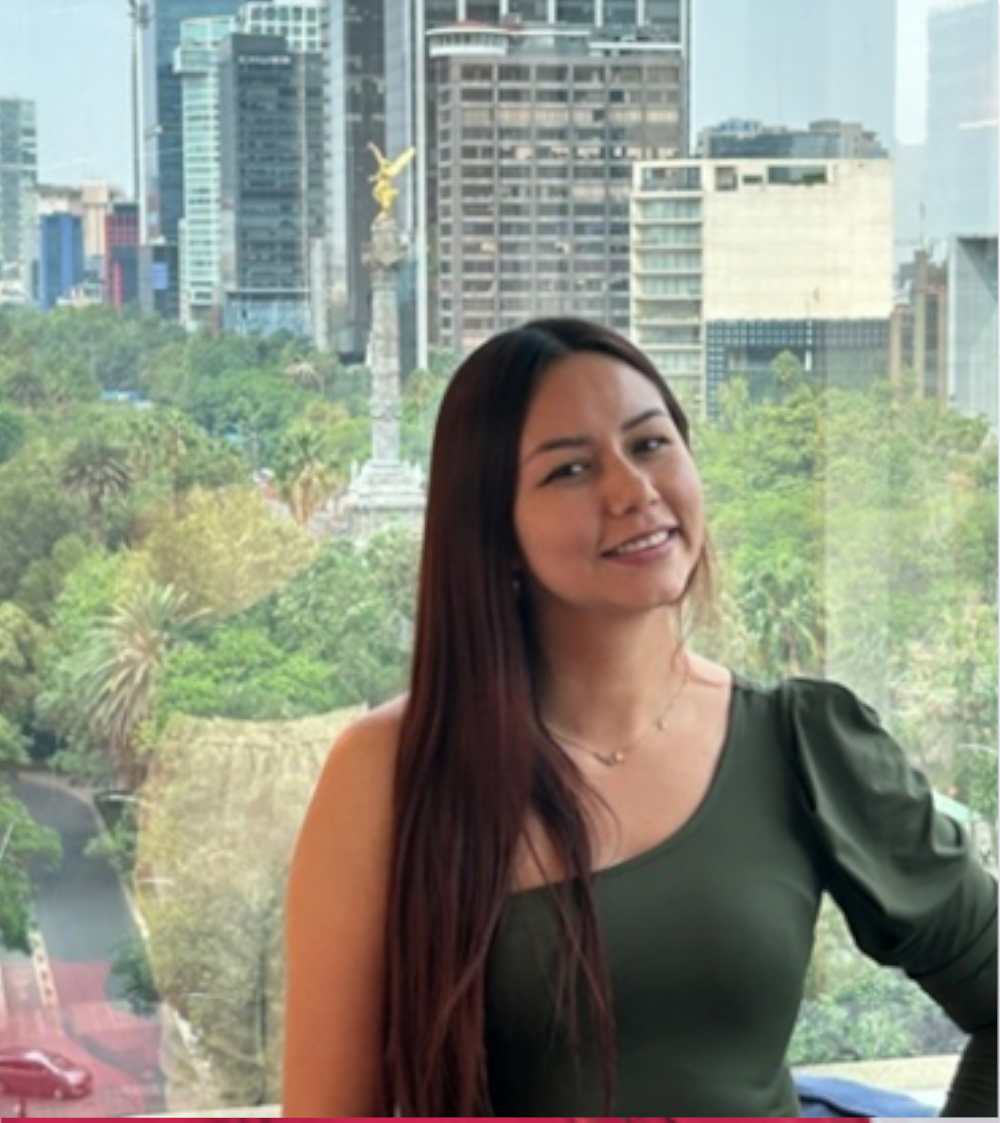
Paola Andrea Sepúlveda Grisales
PhD student

Reinalda Soriano Peña
Researcher
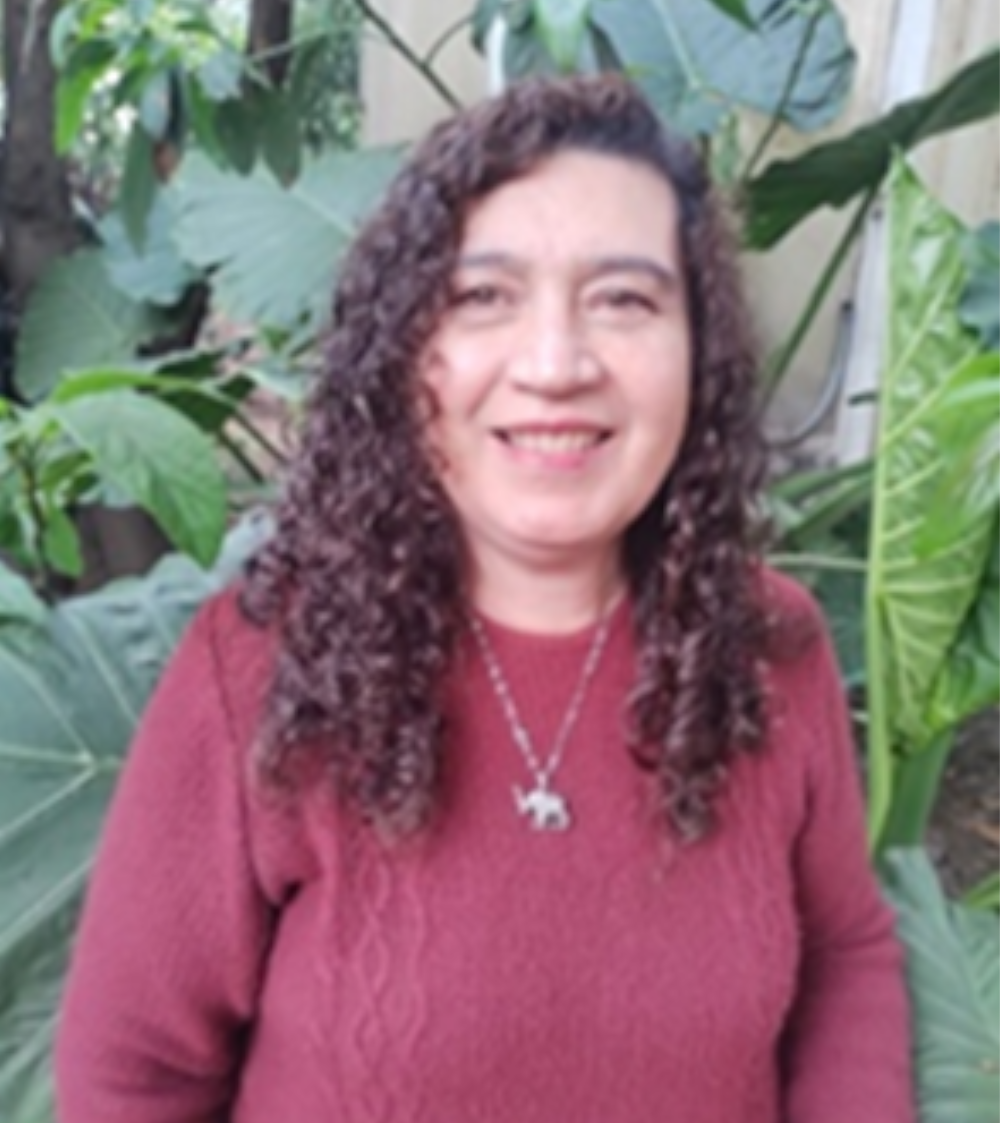
Aída Sandoval Montaño
Researcher
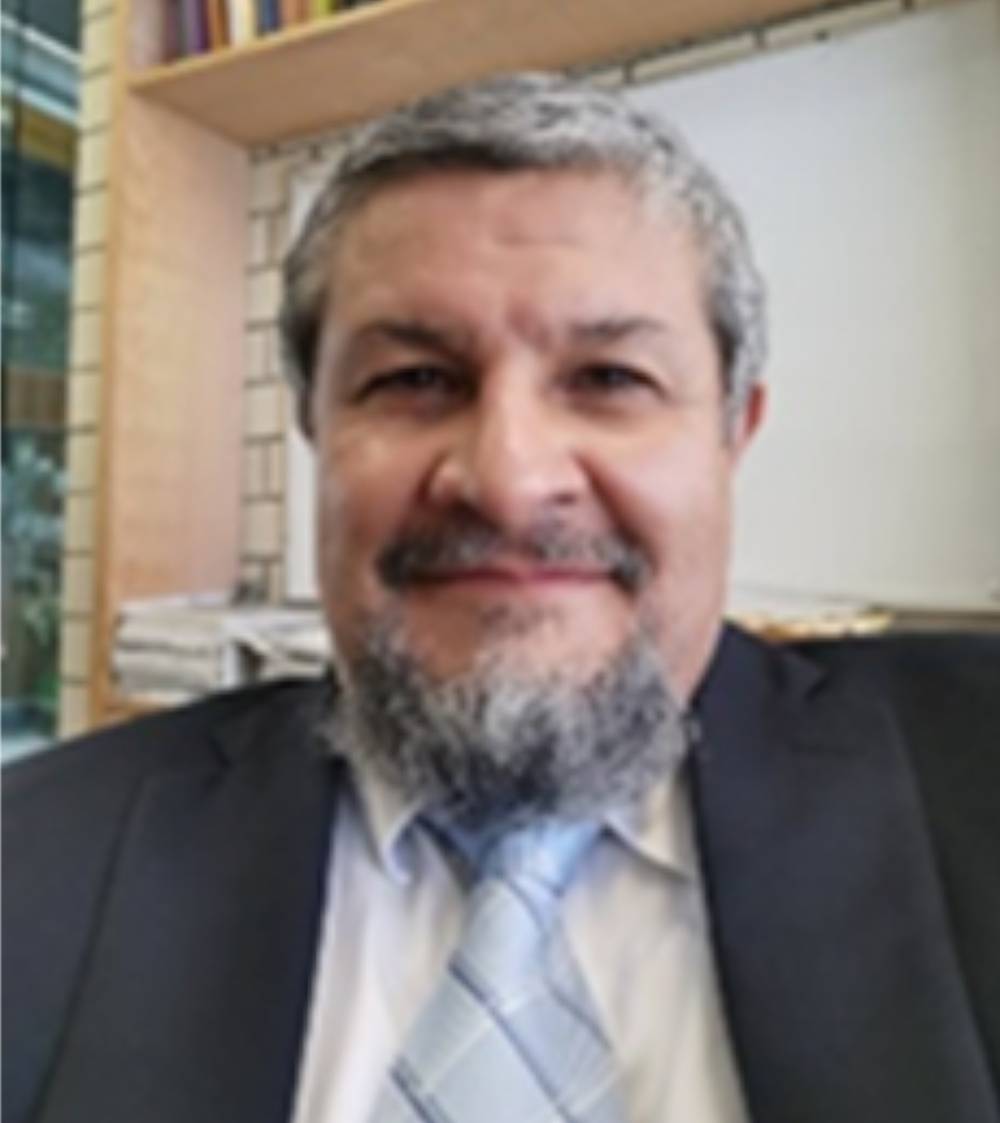
Oswalth Manuel Basurto Bravo
Researcher